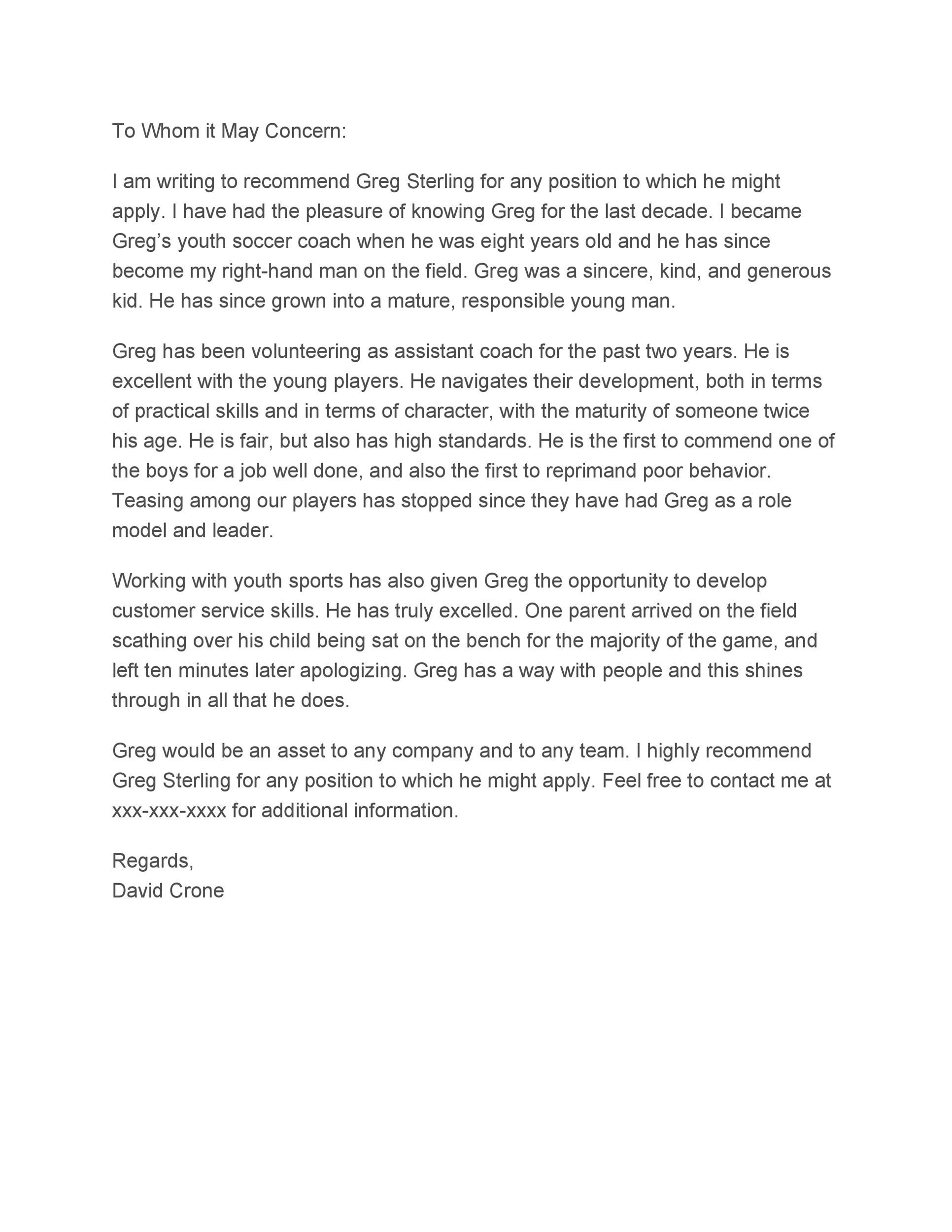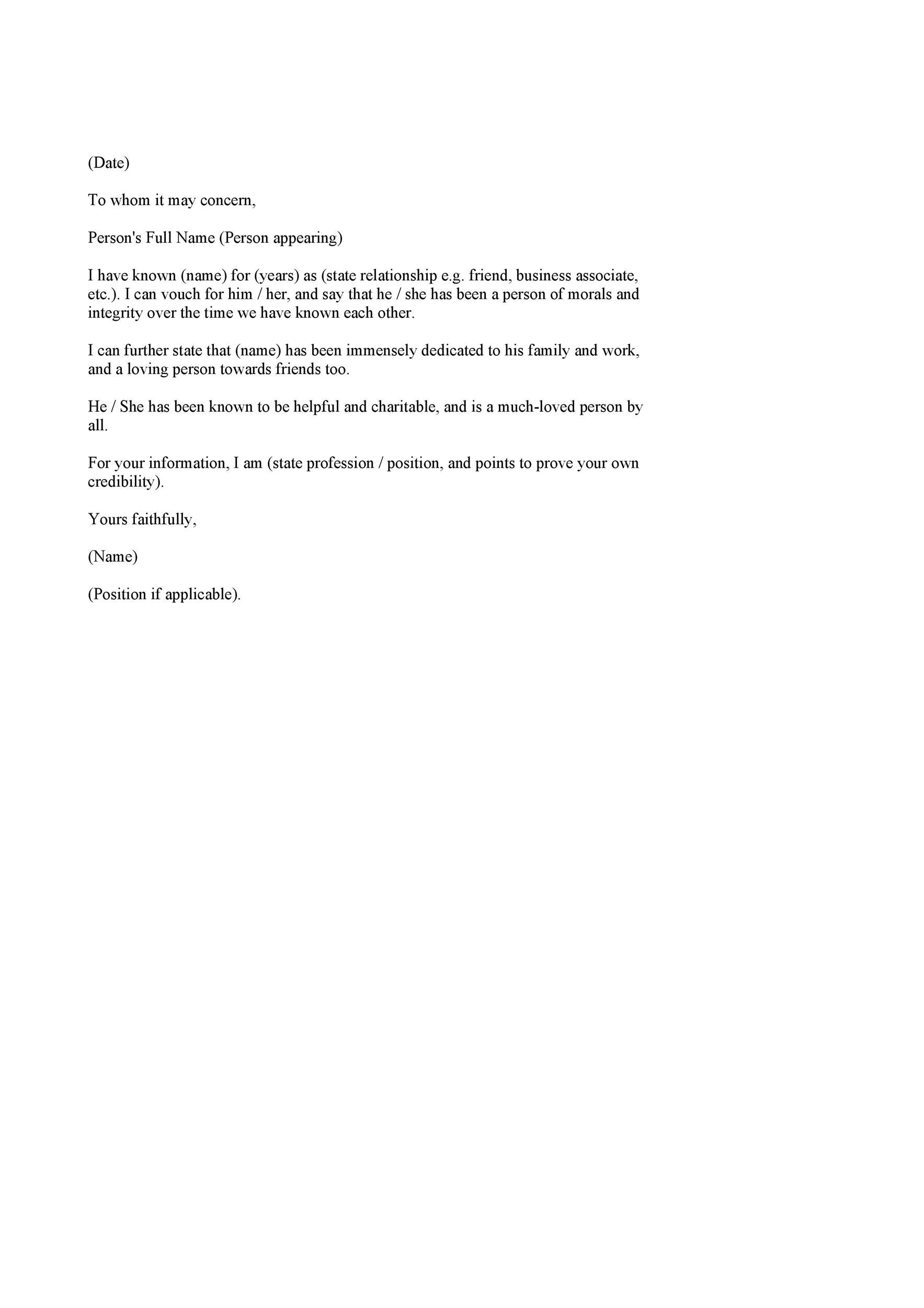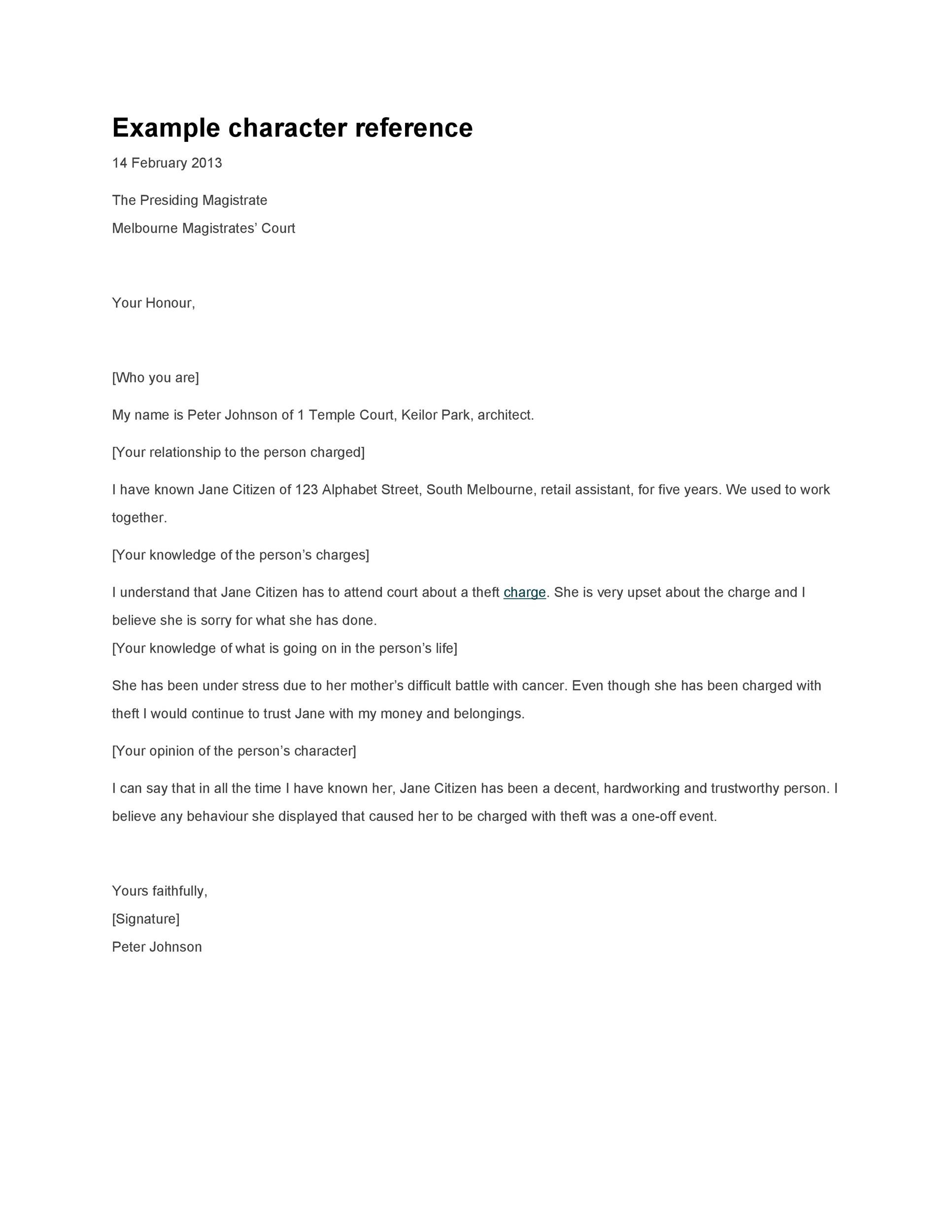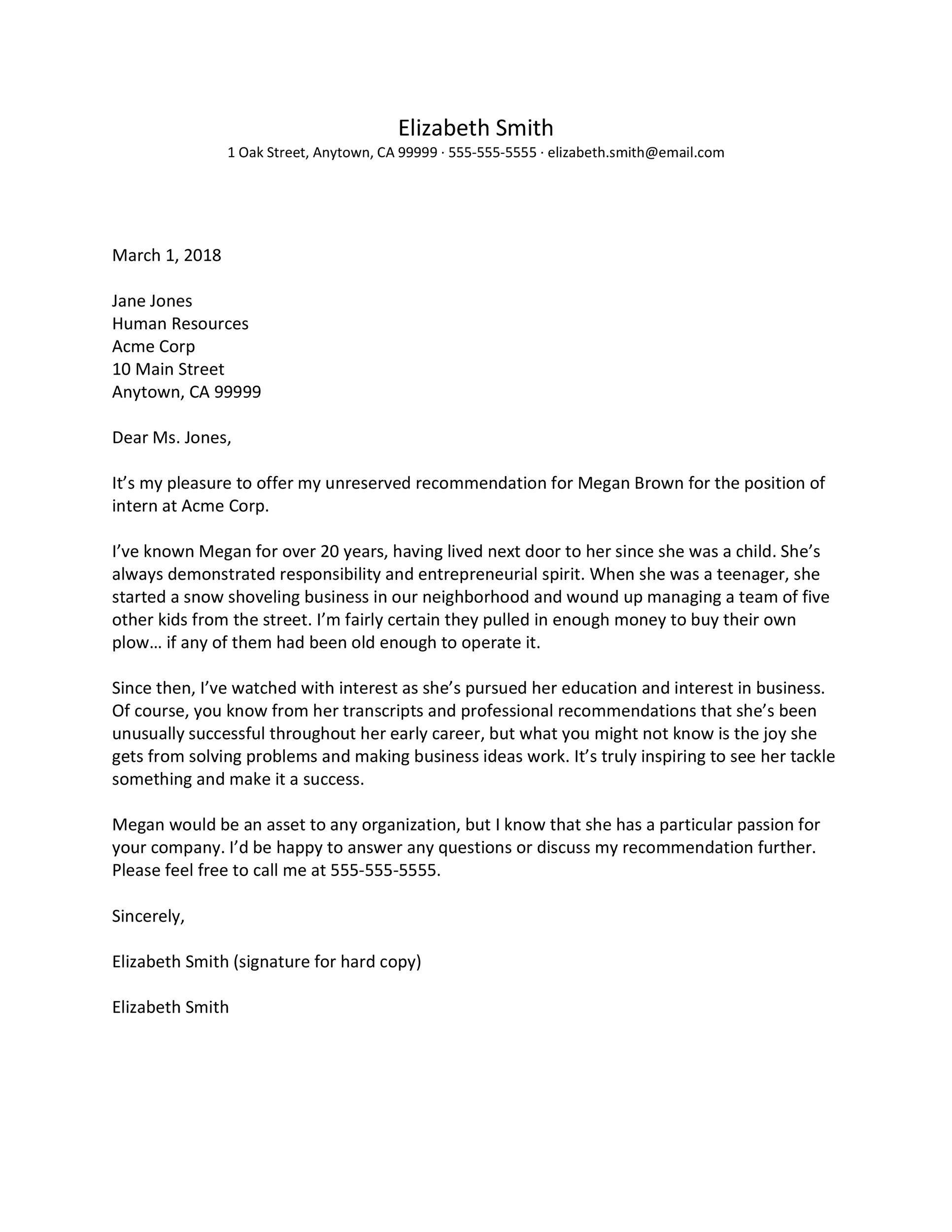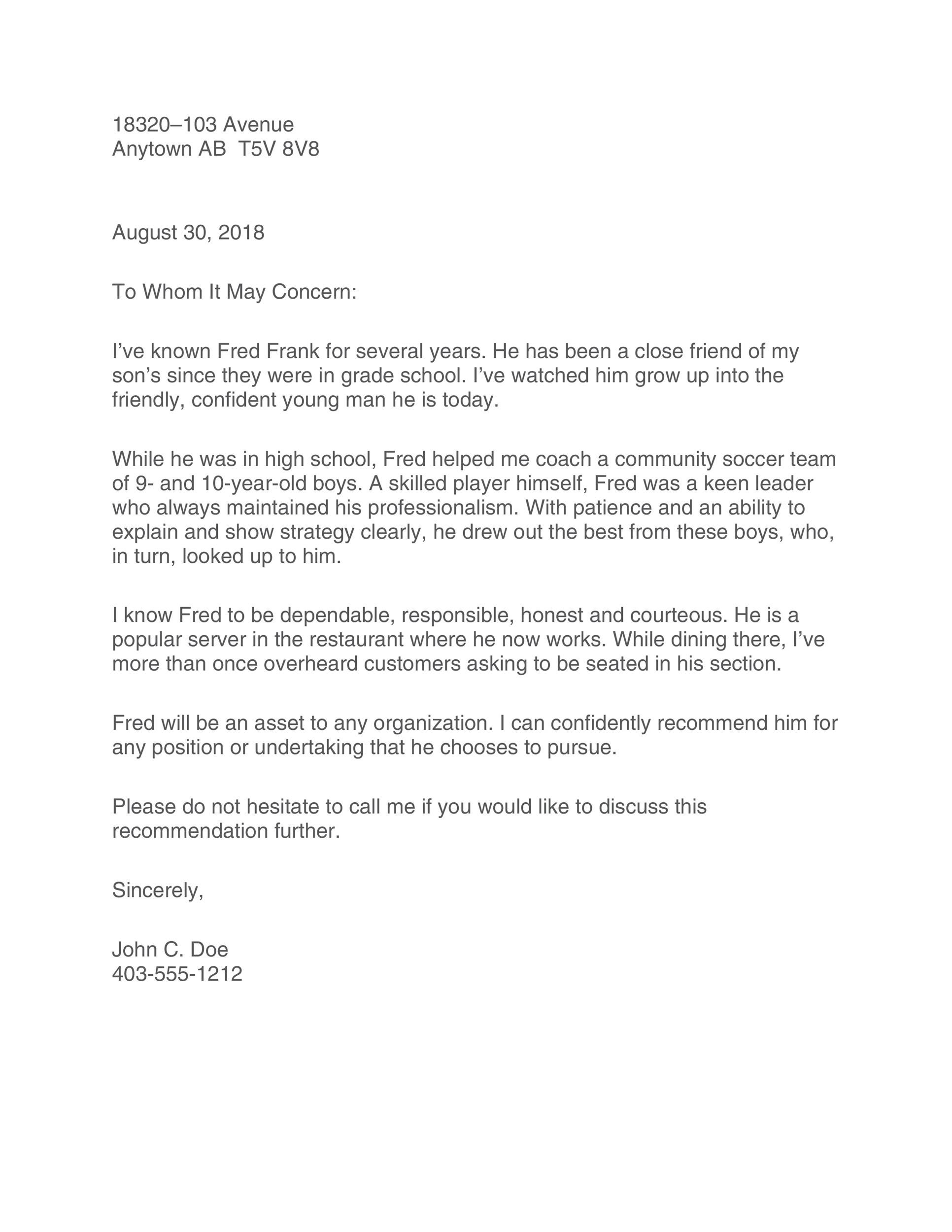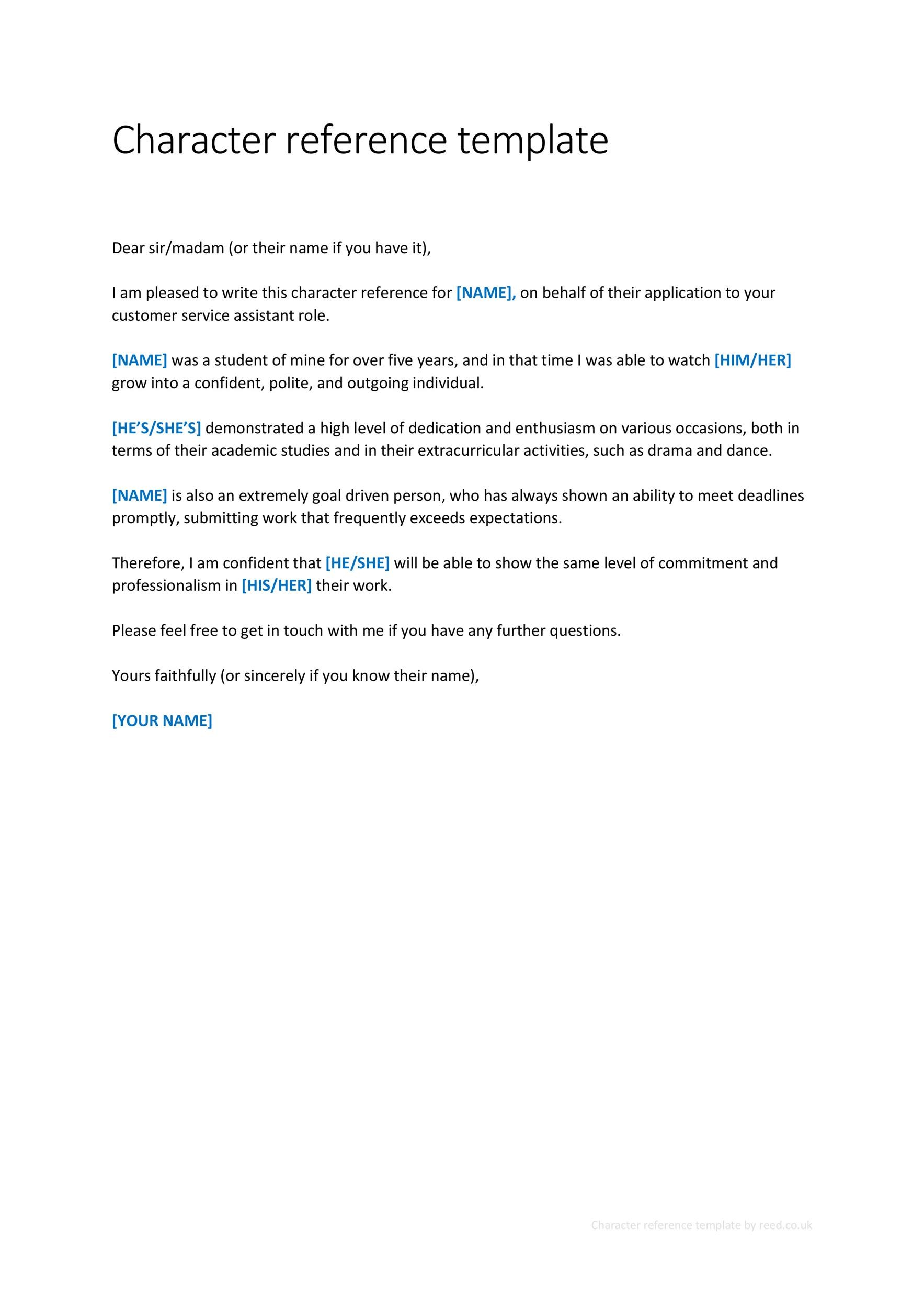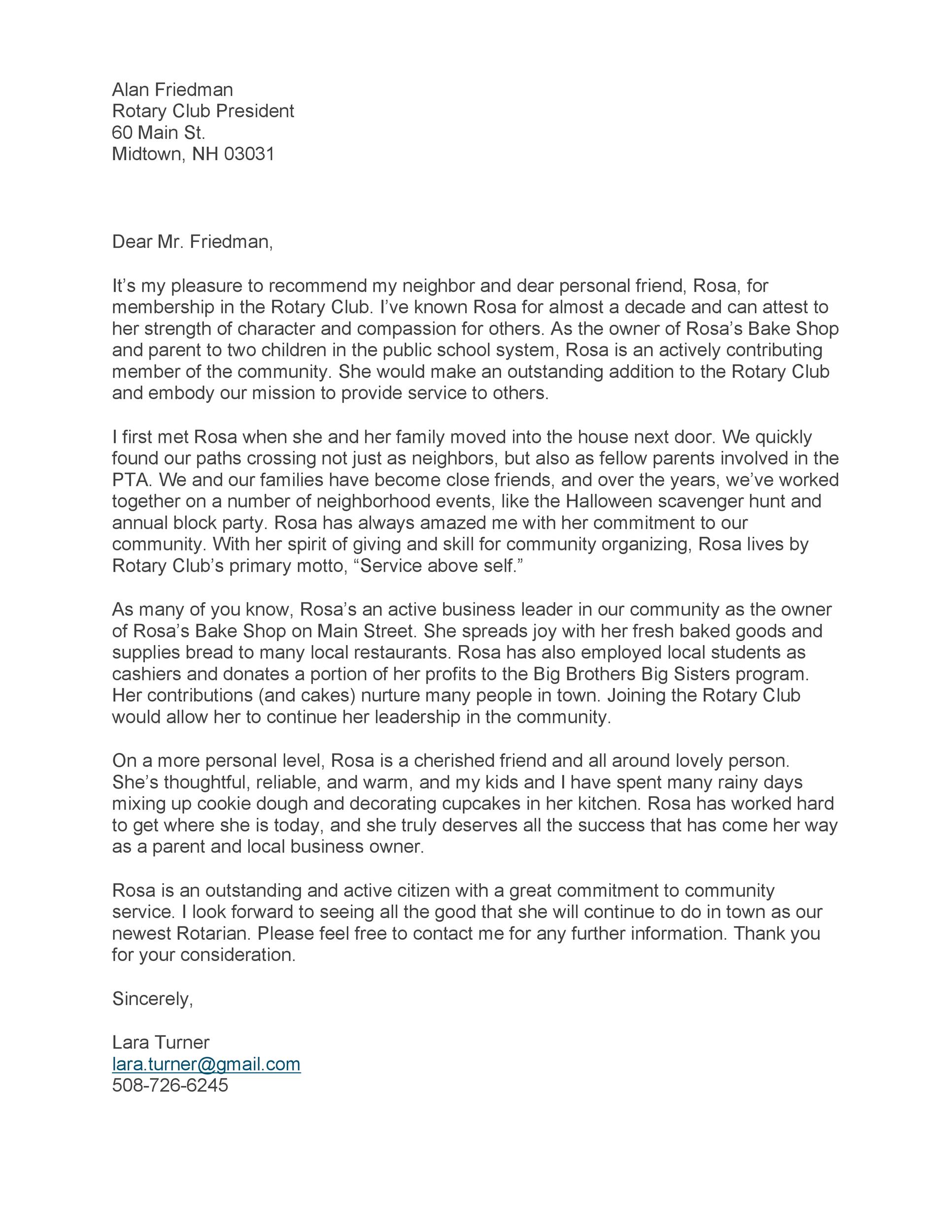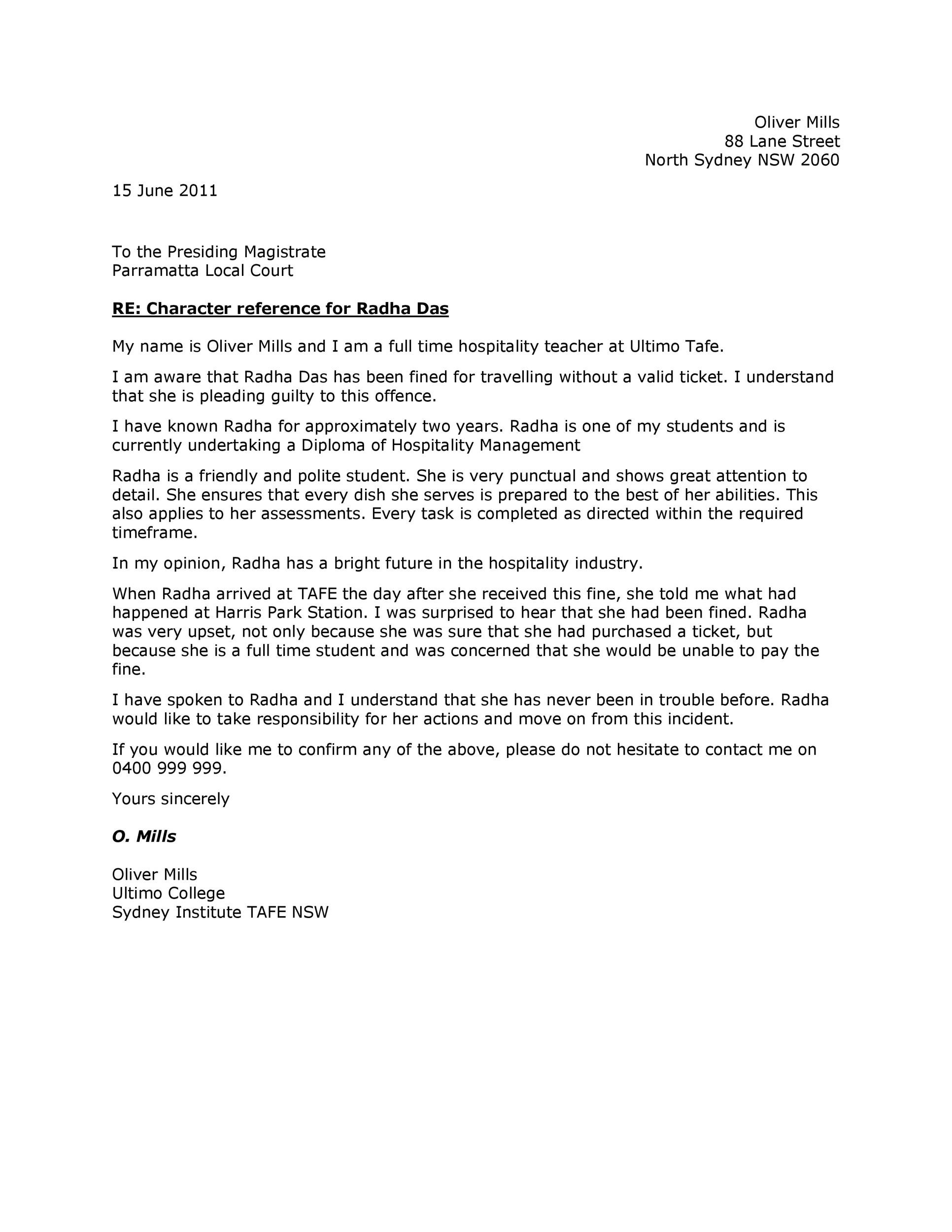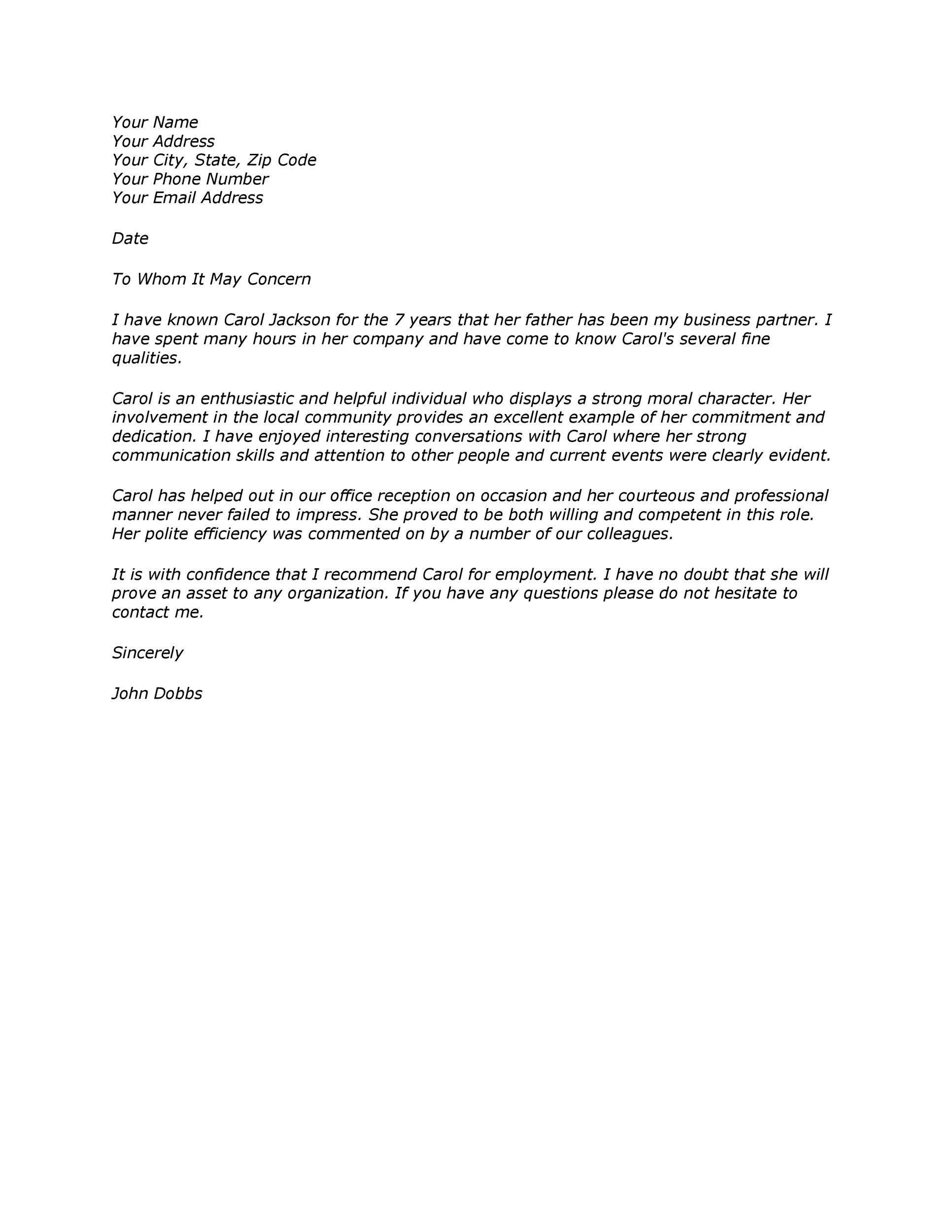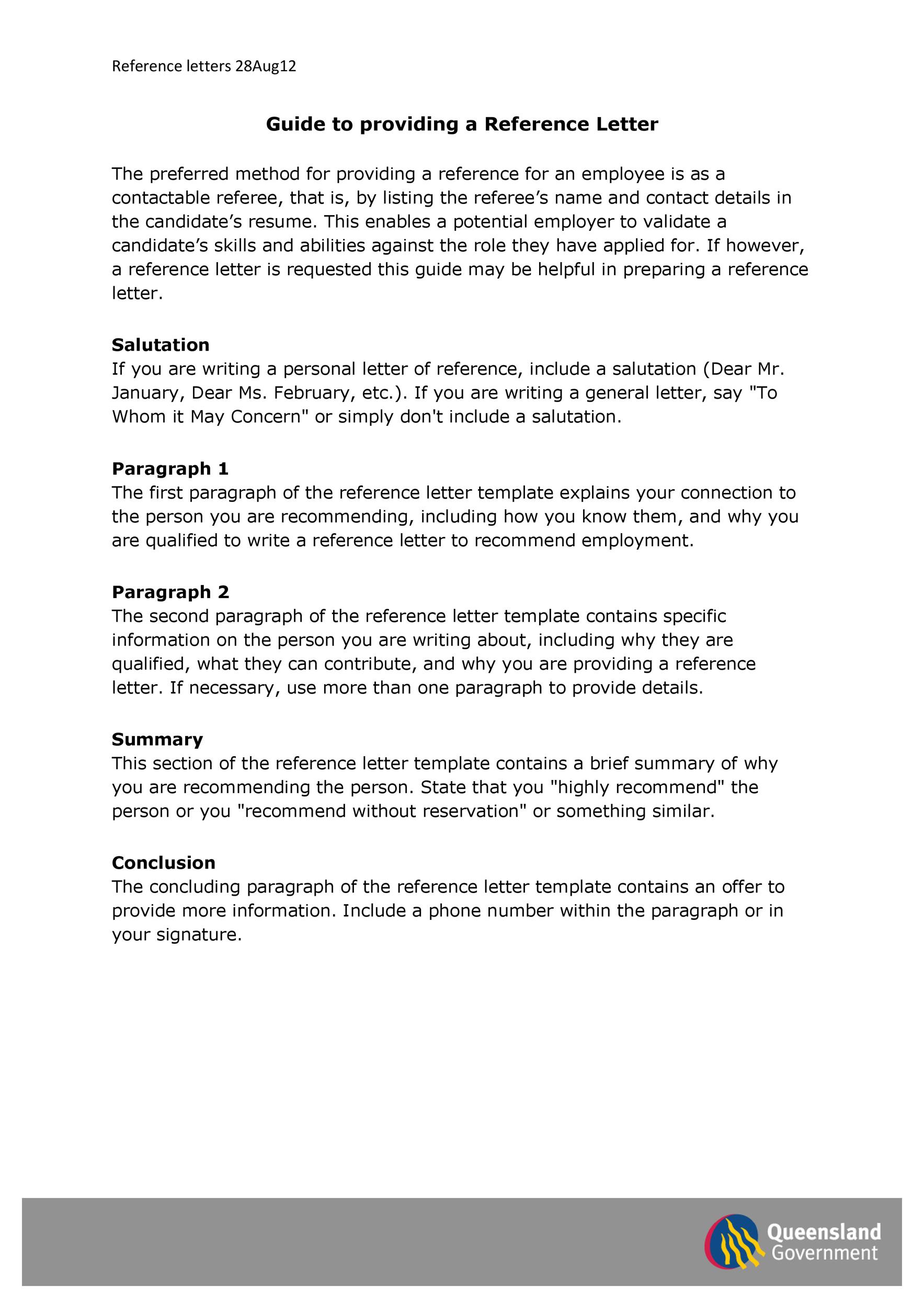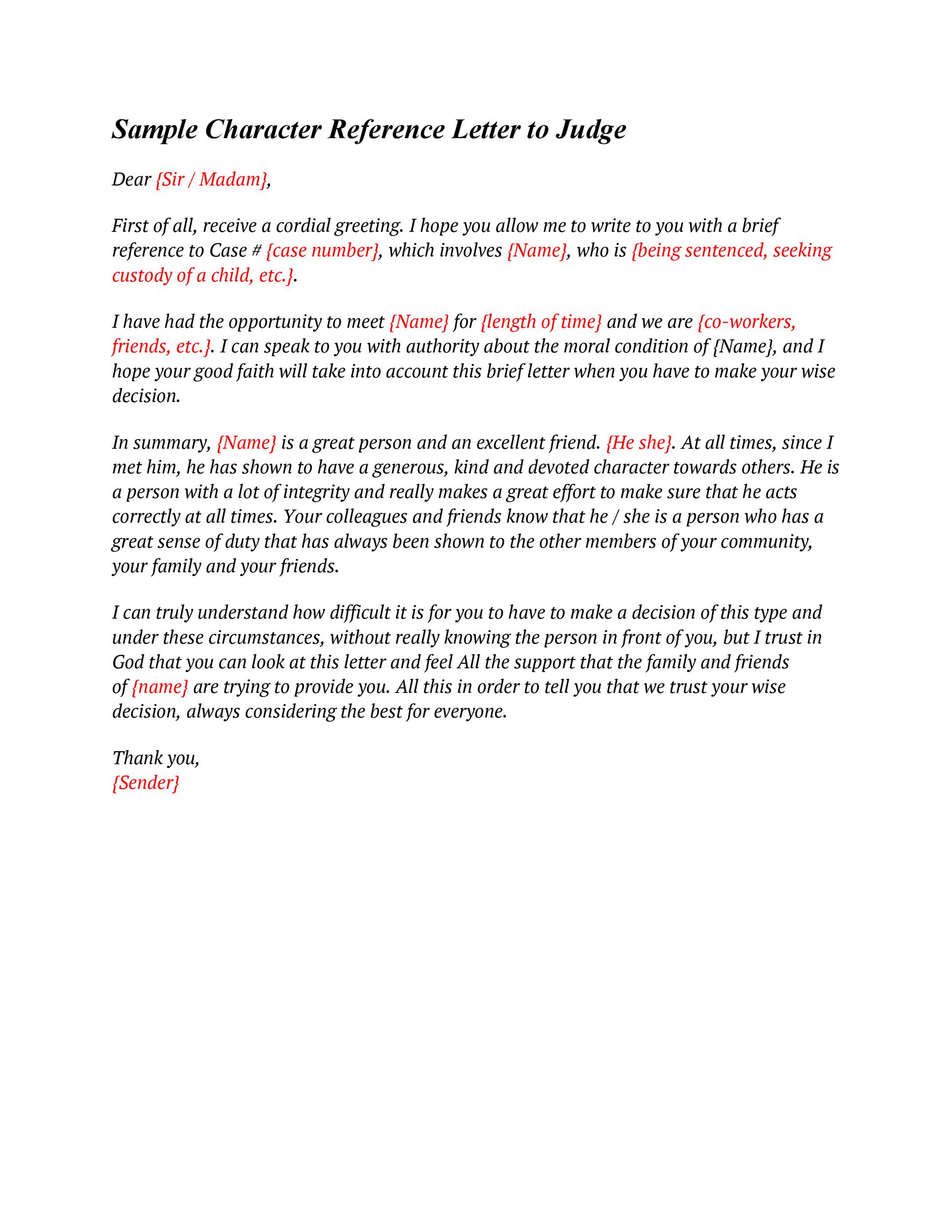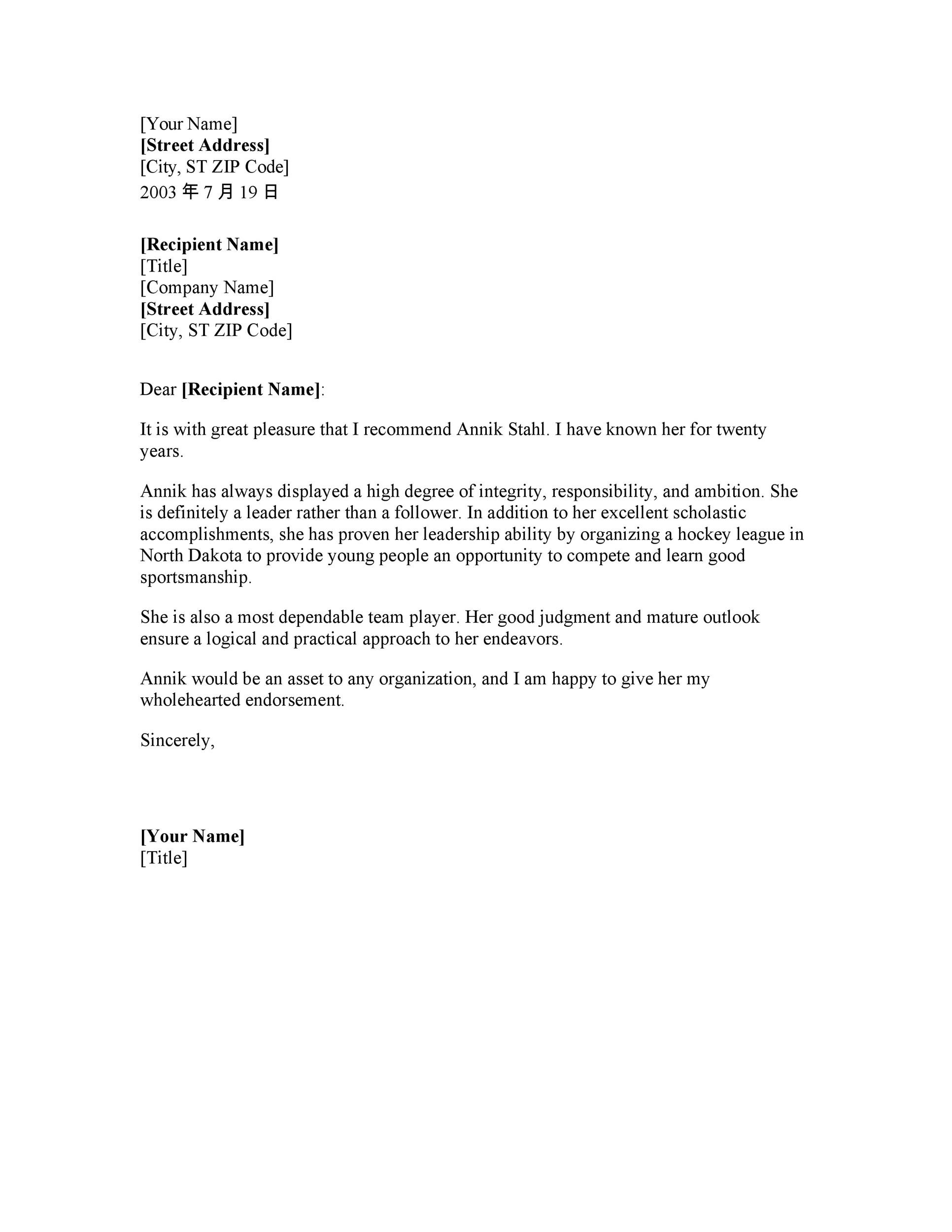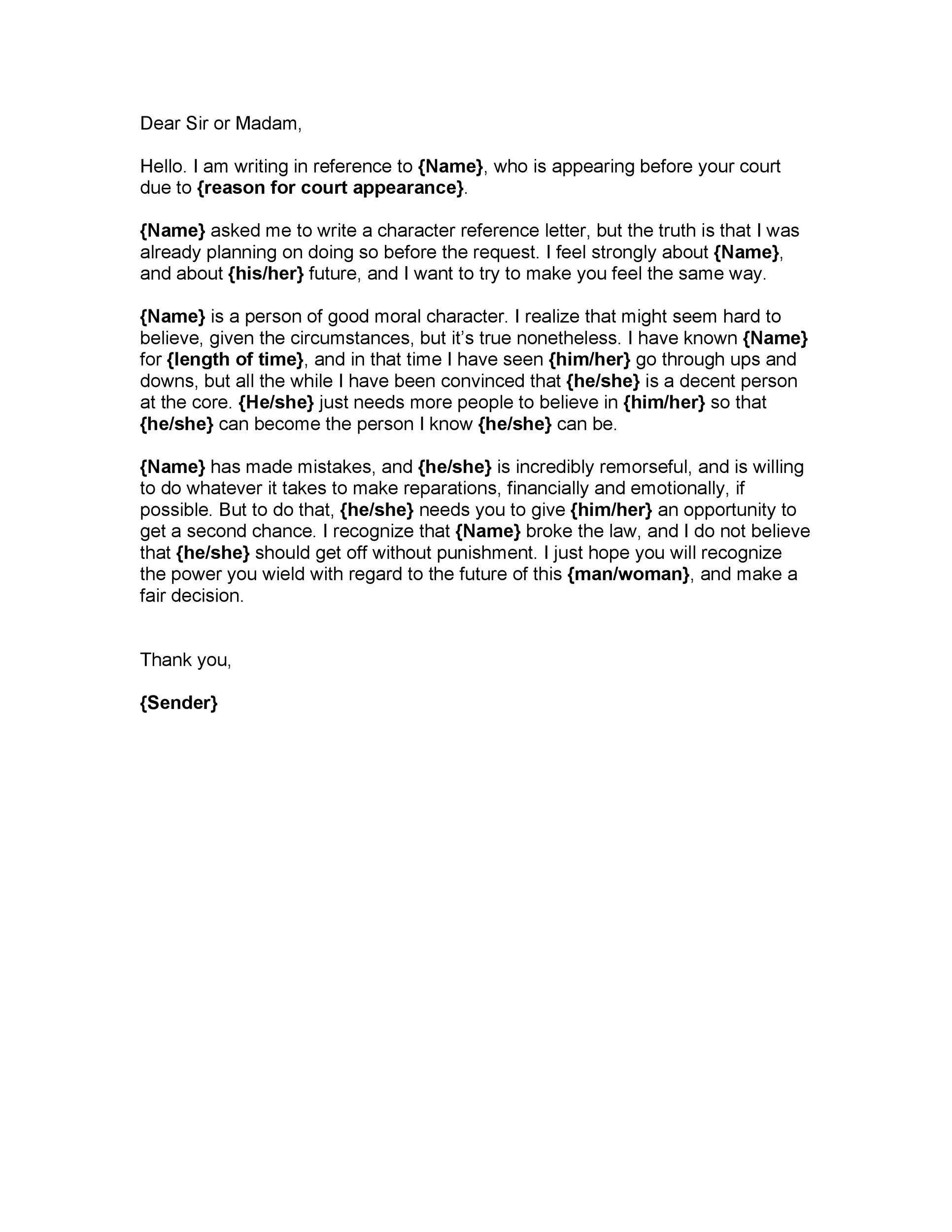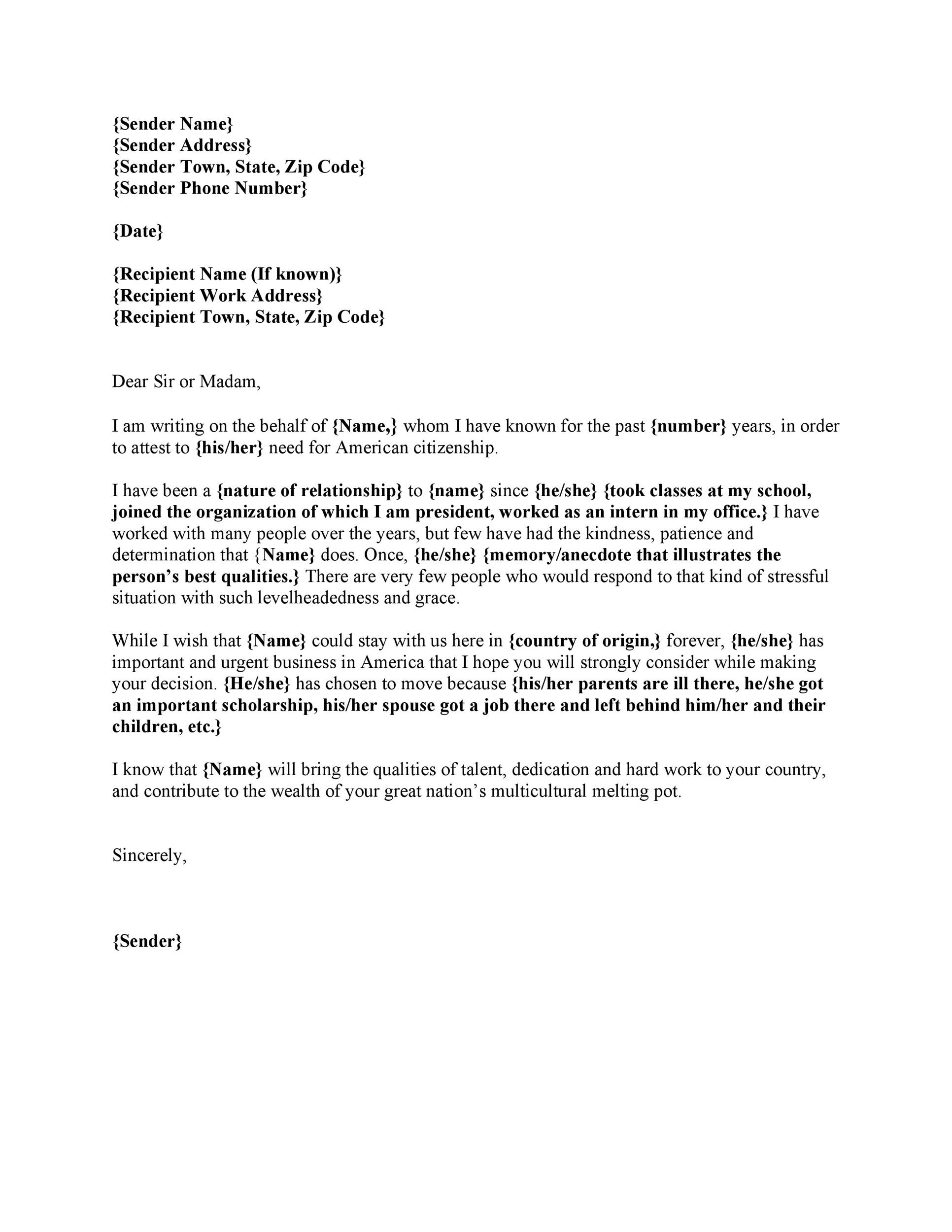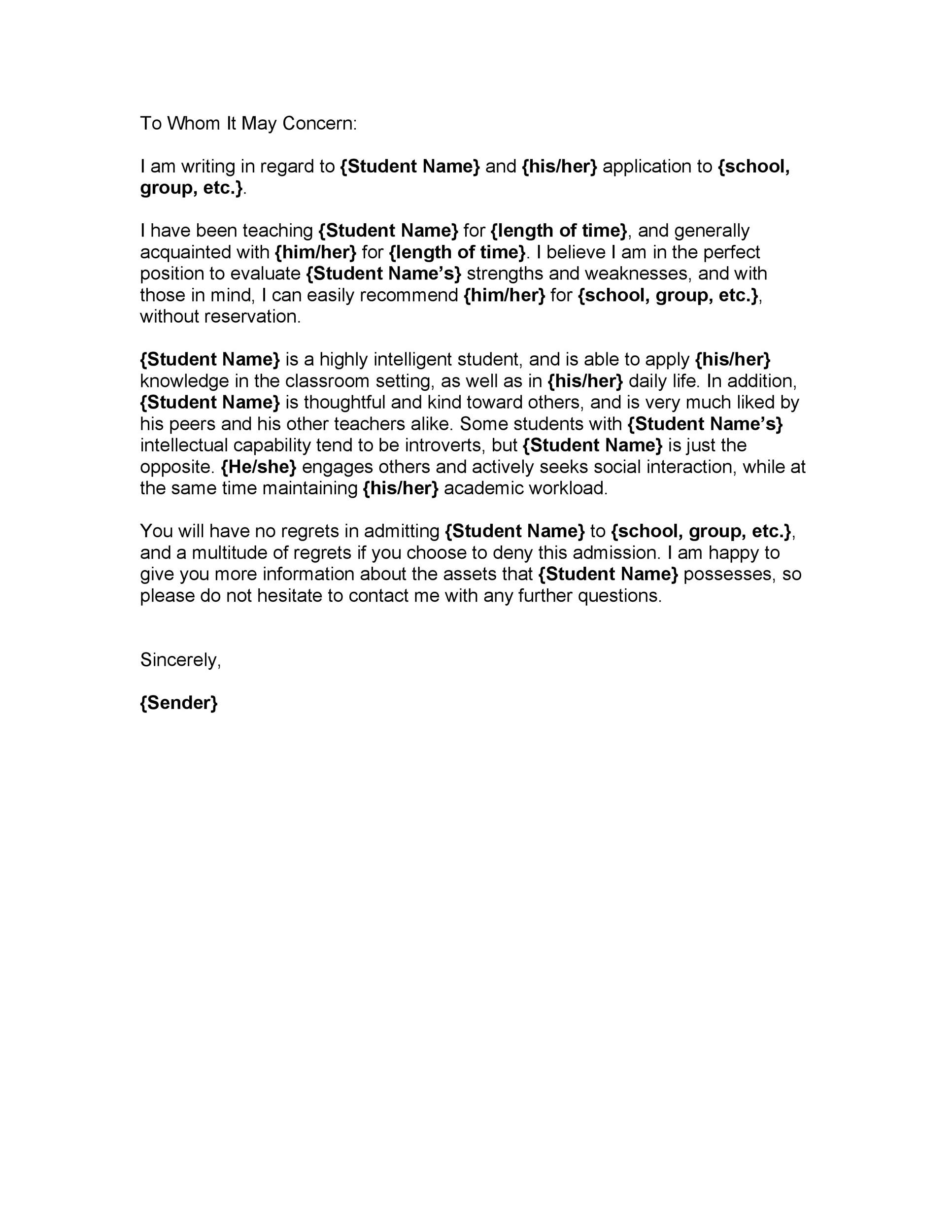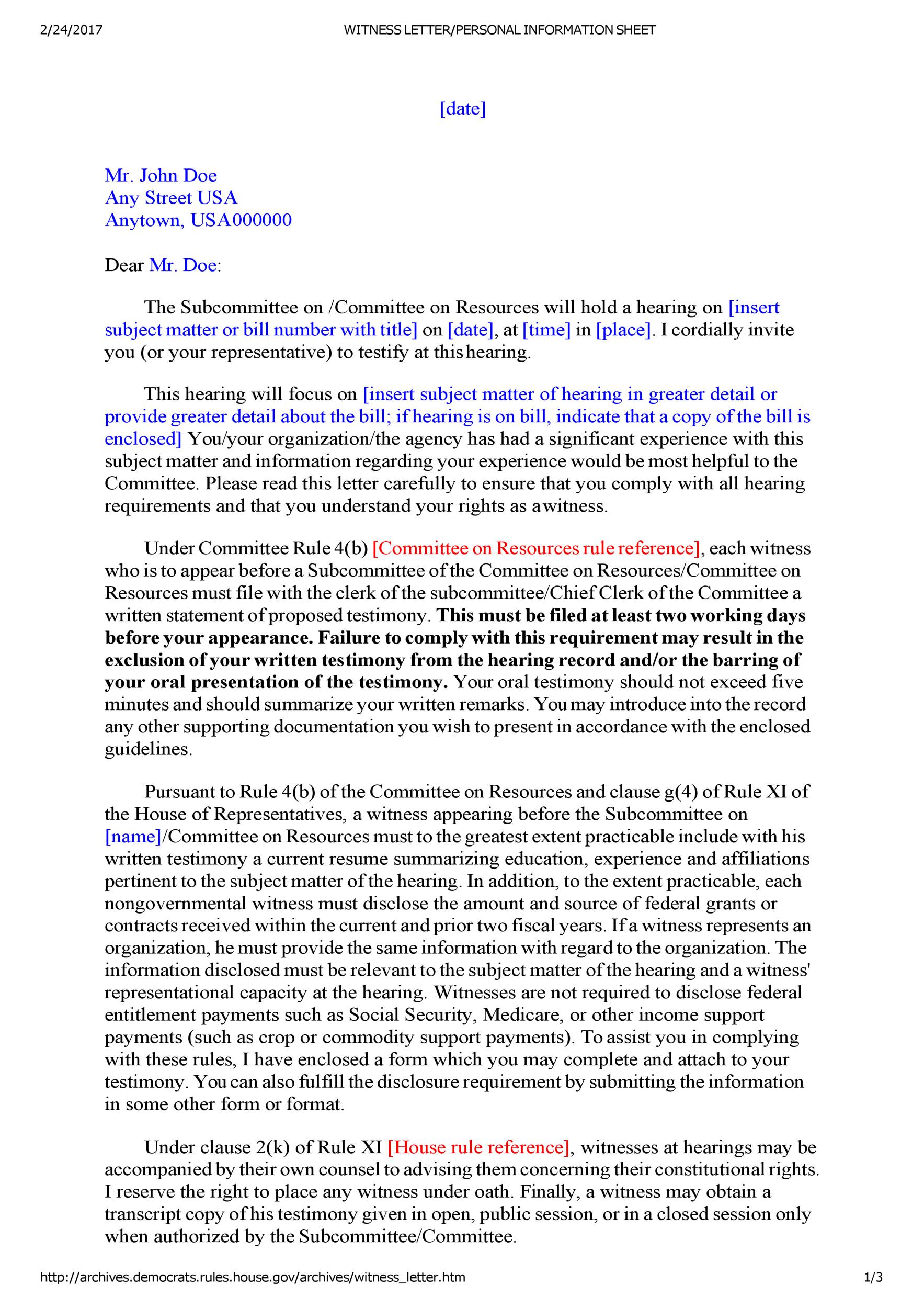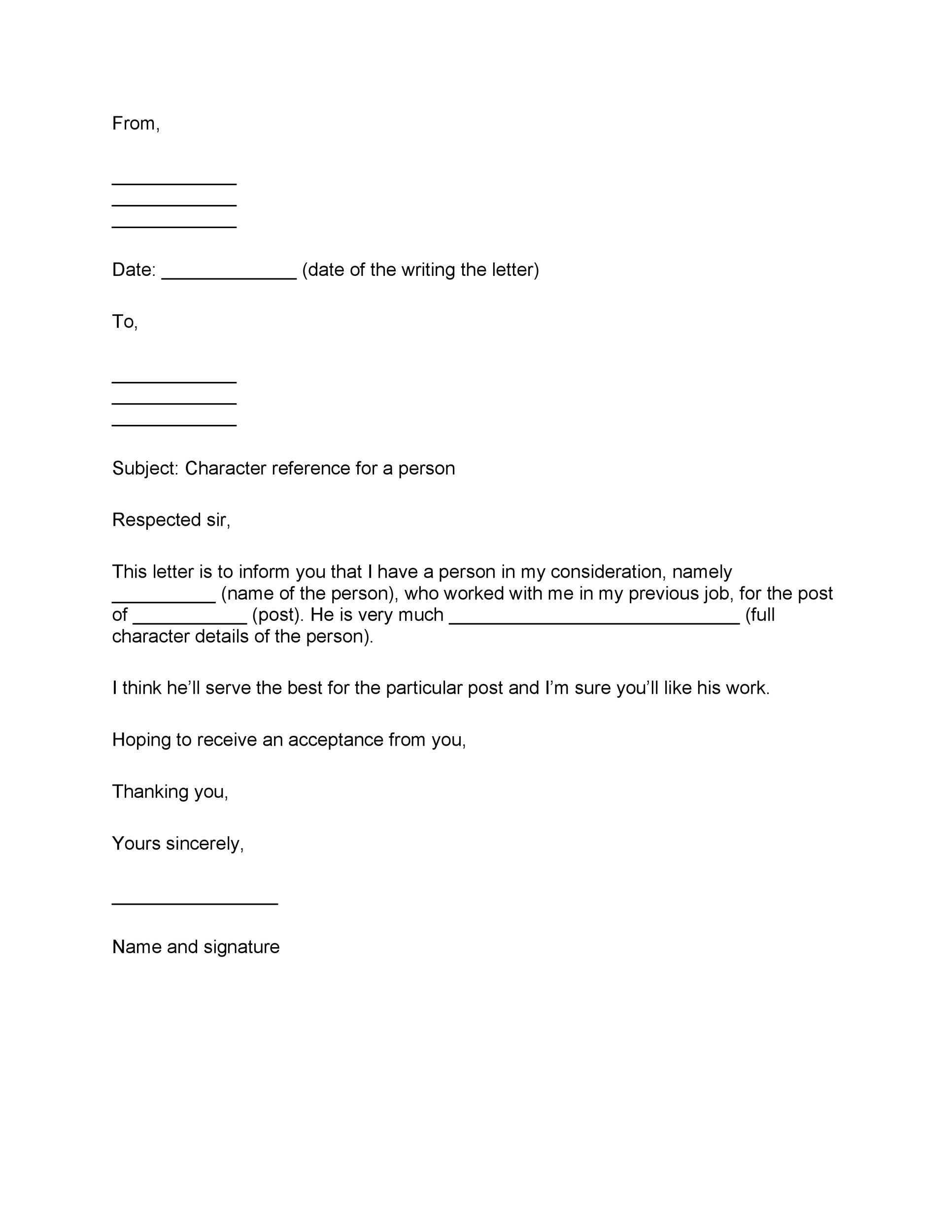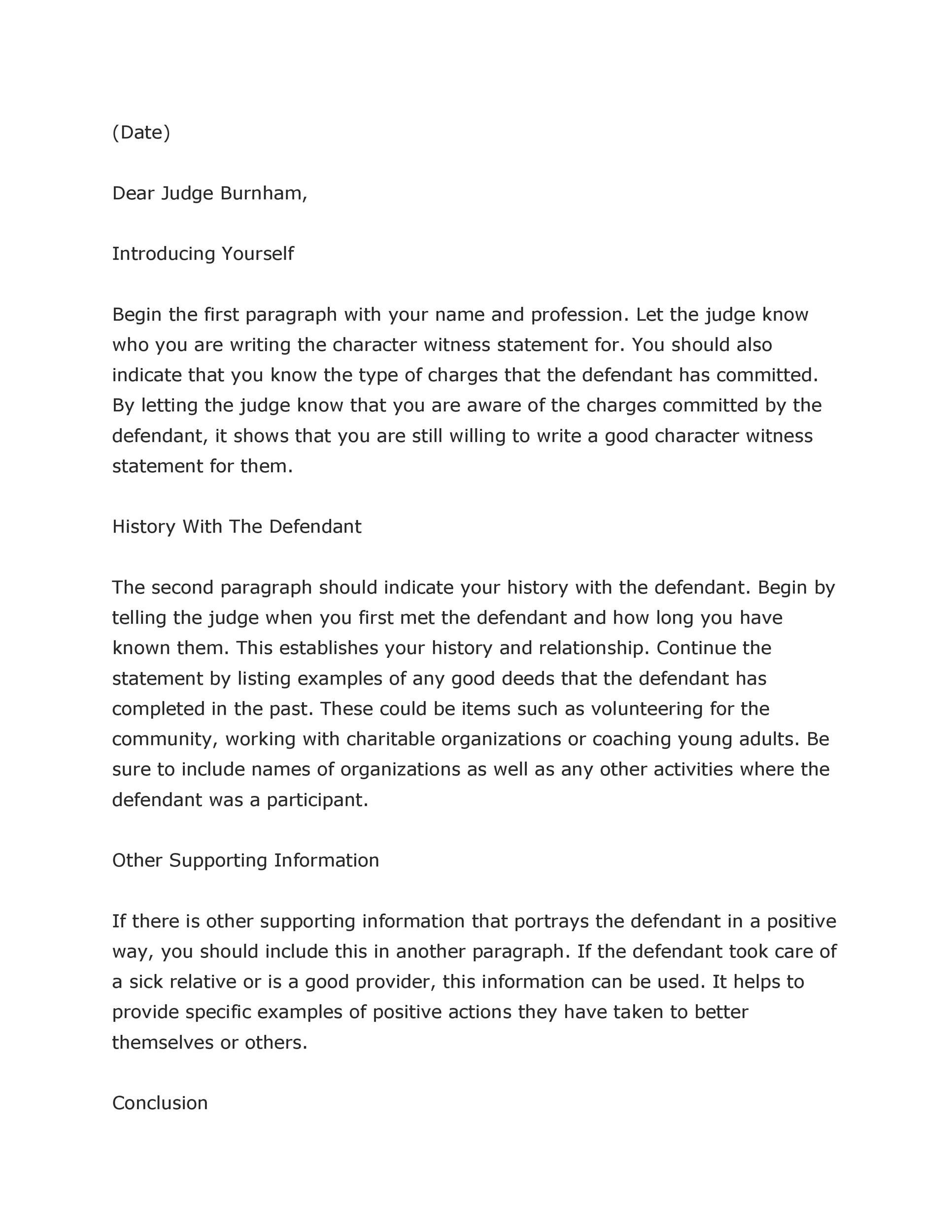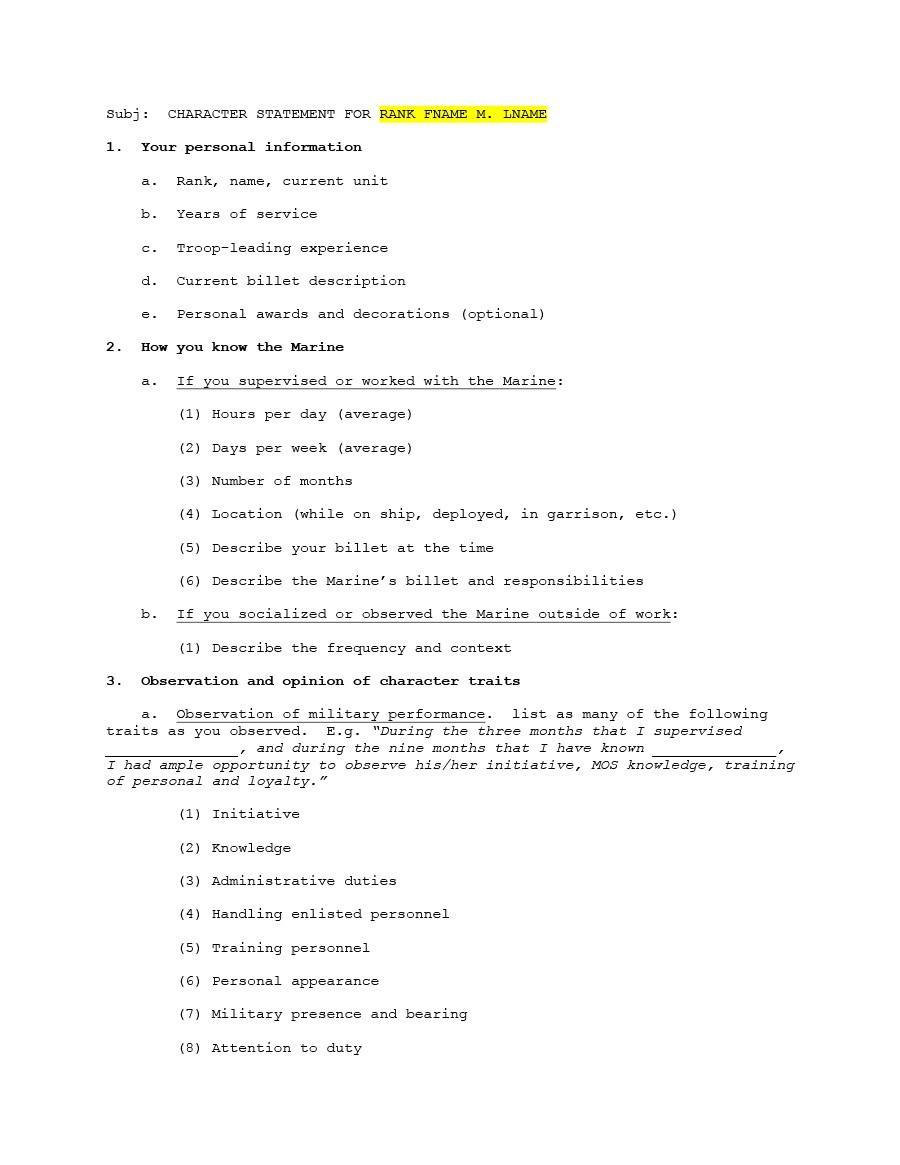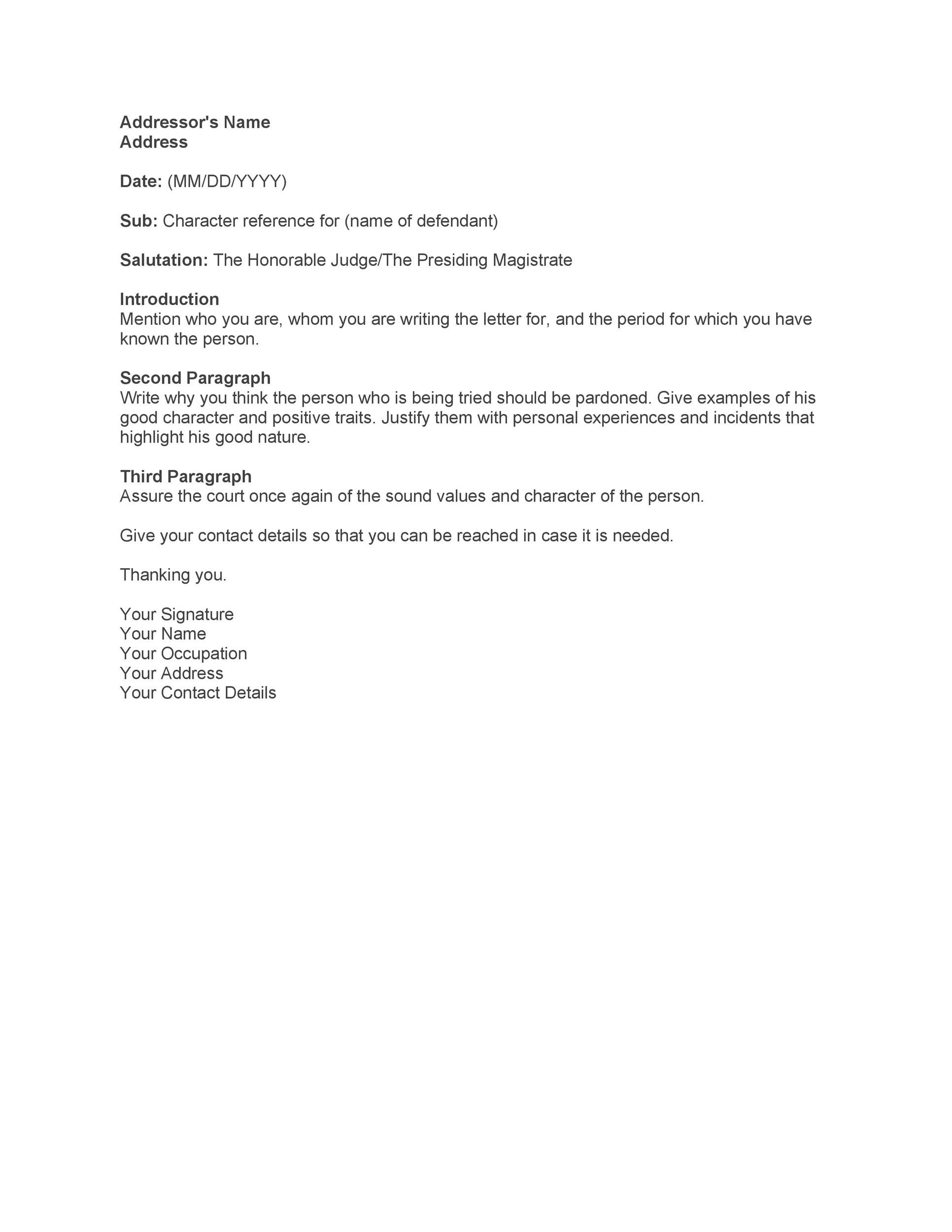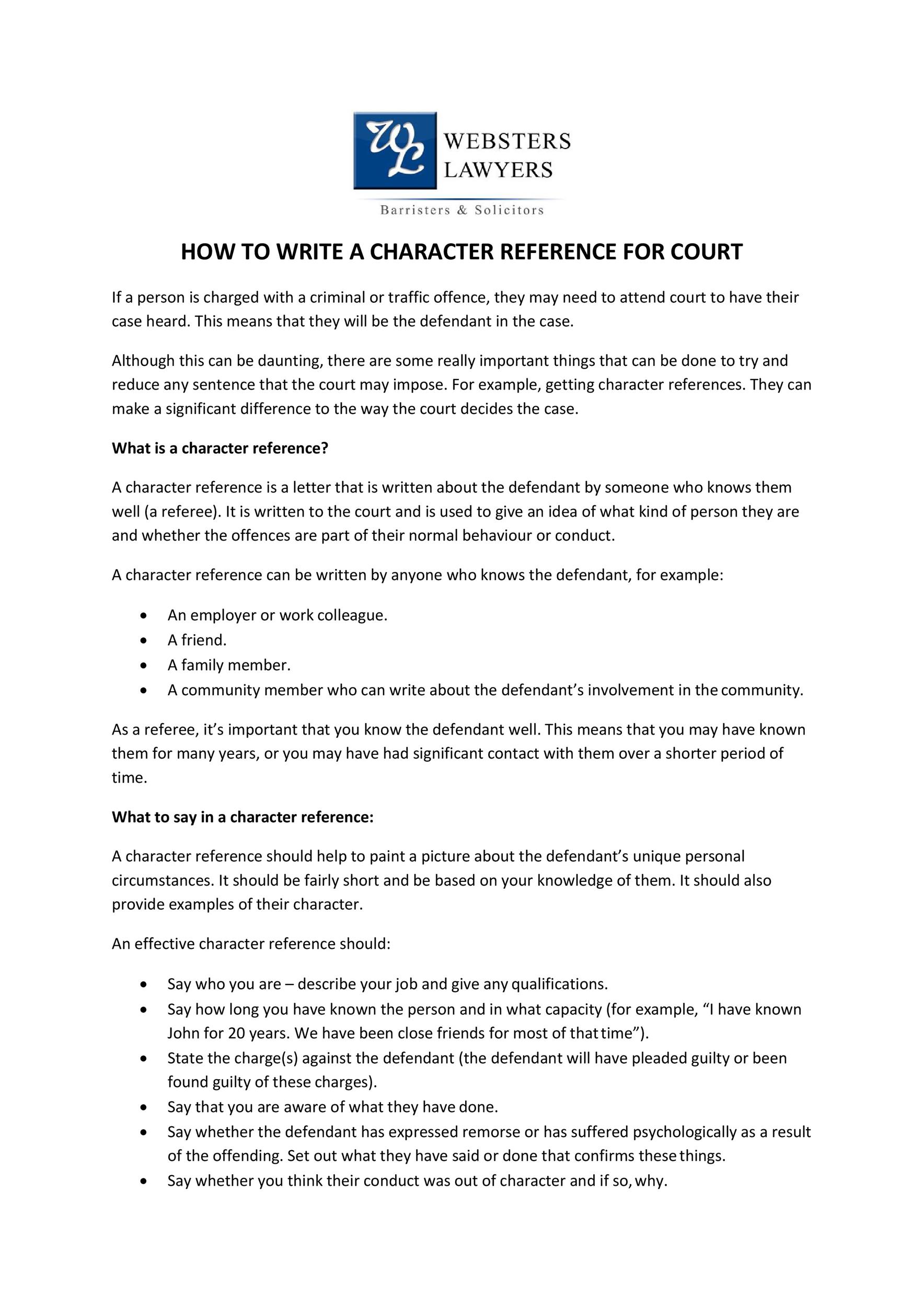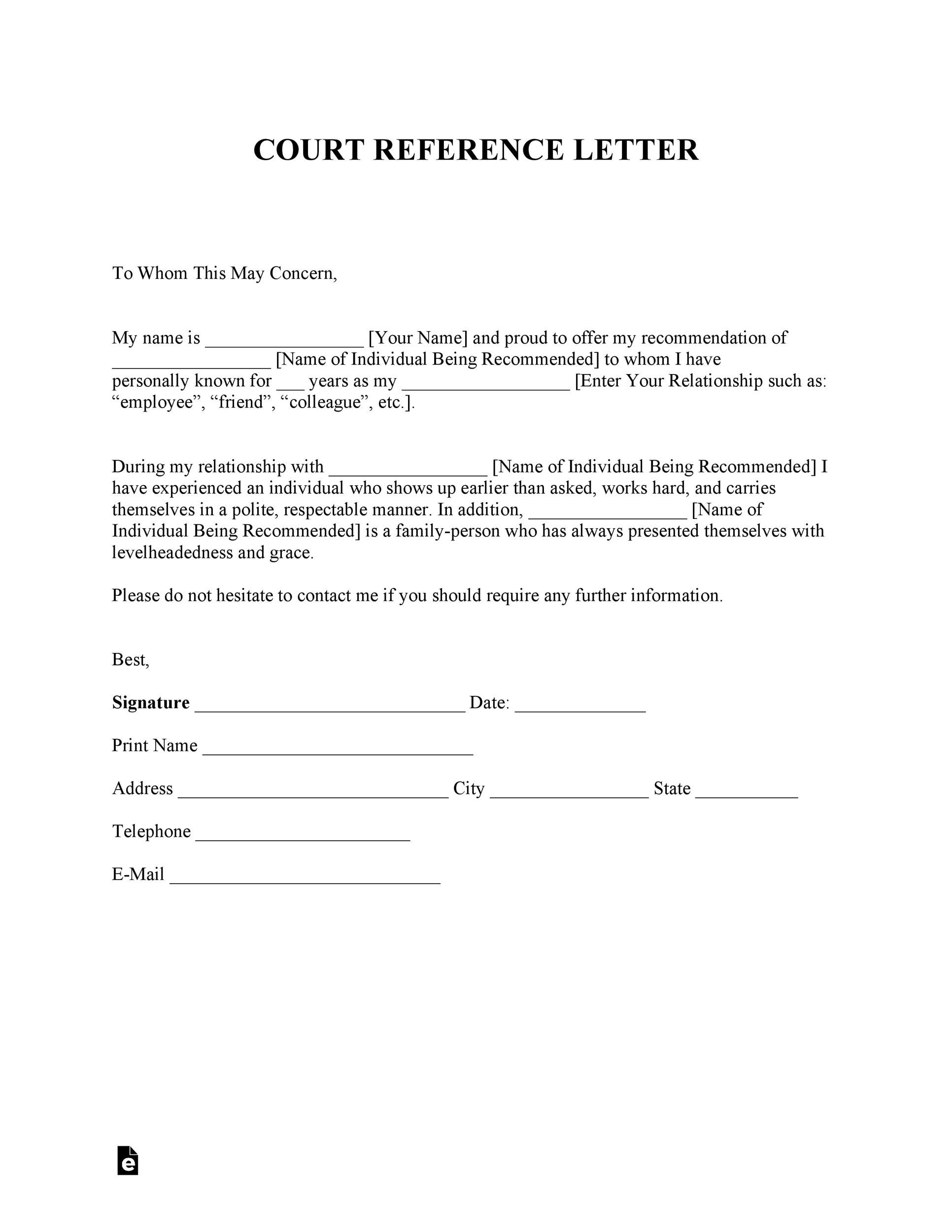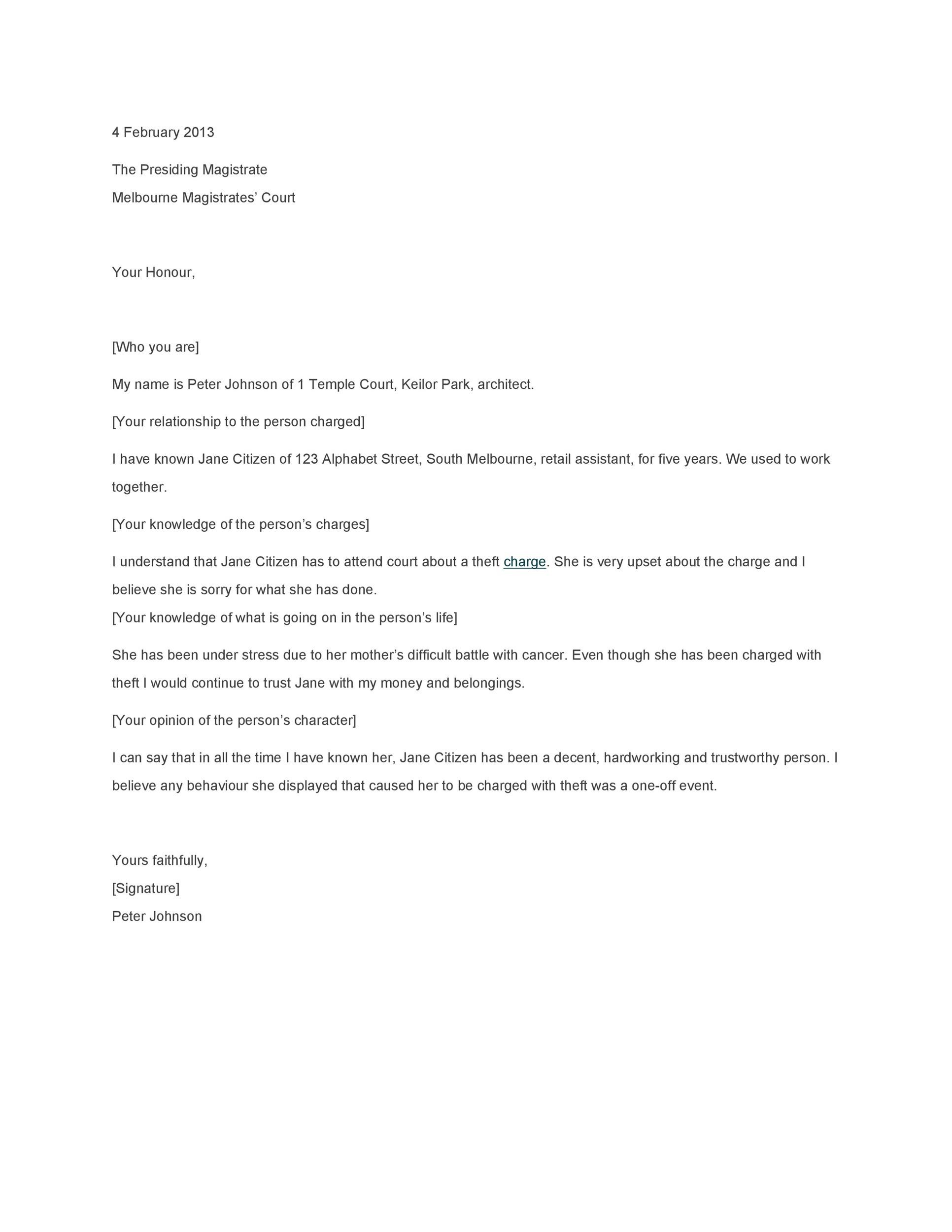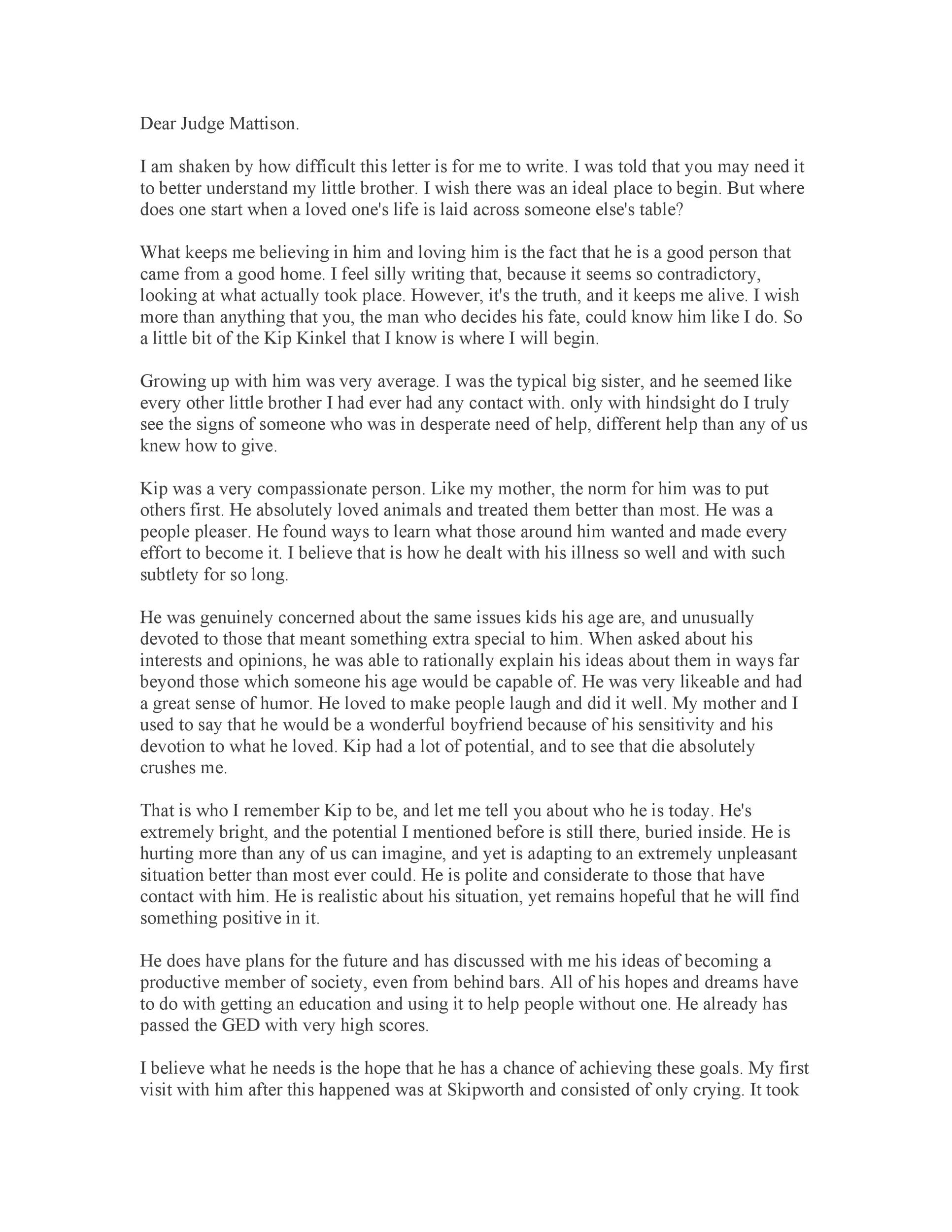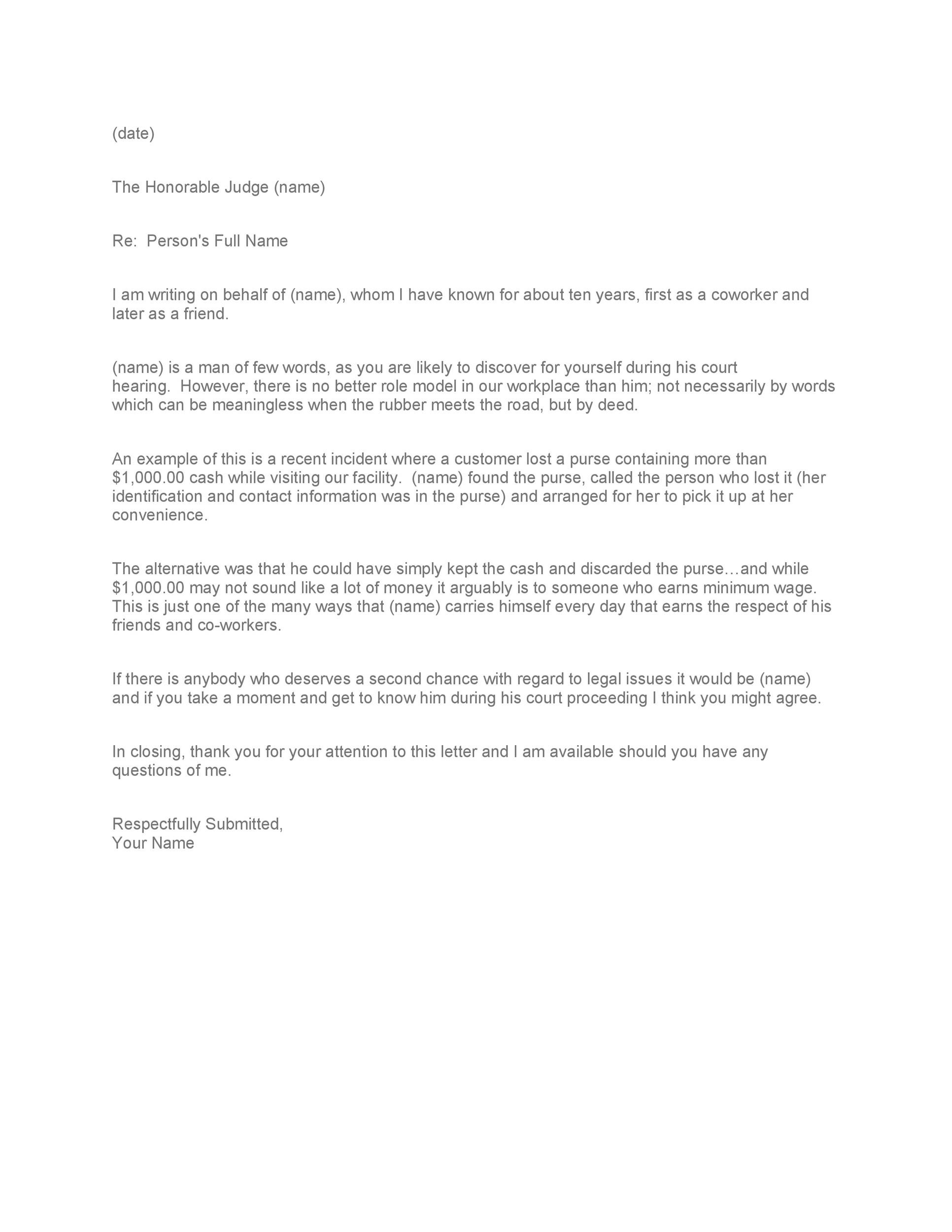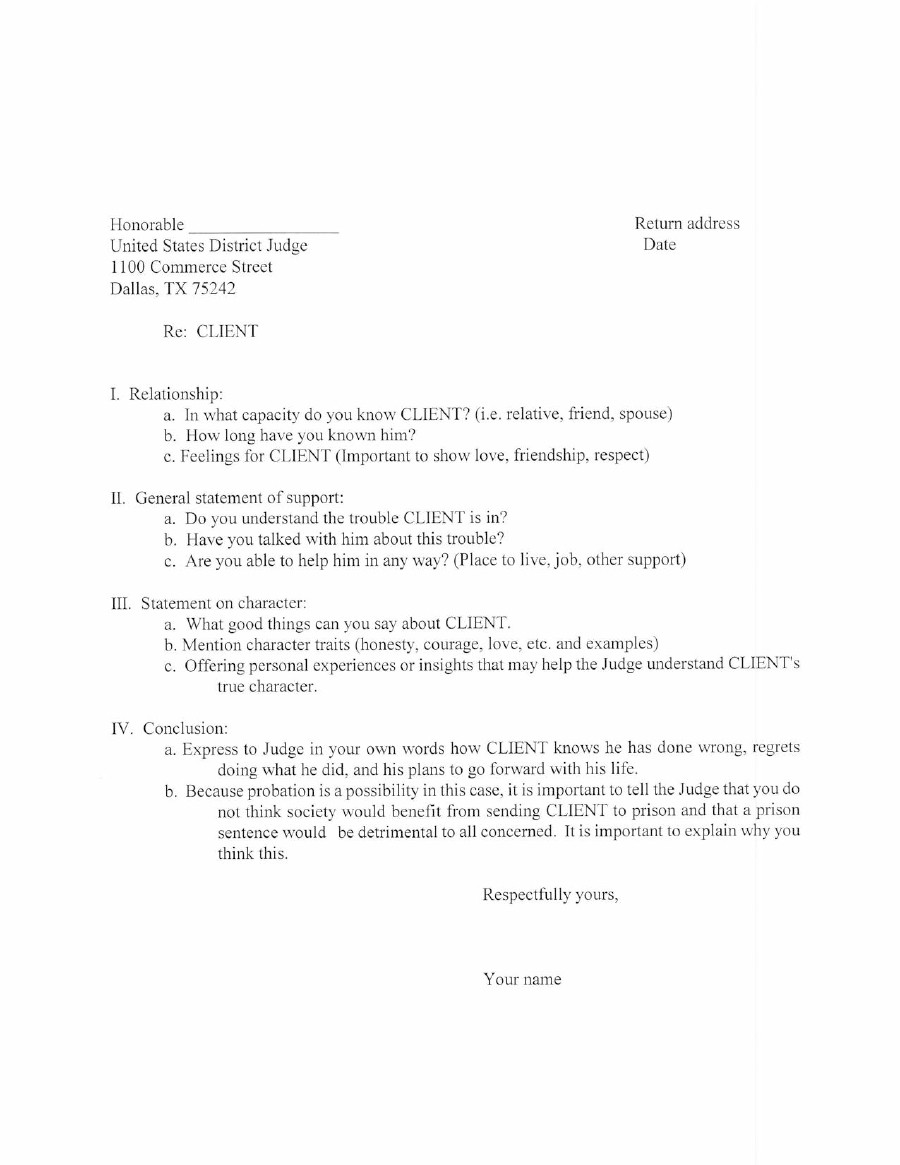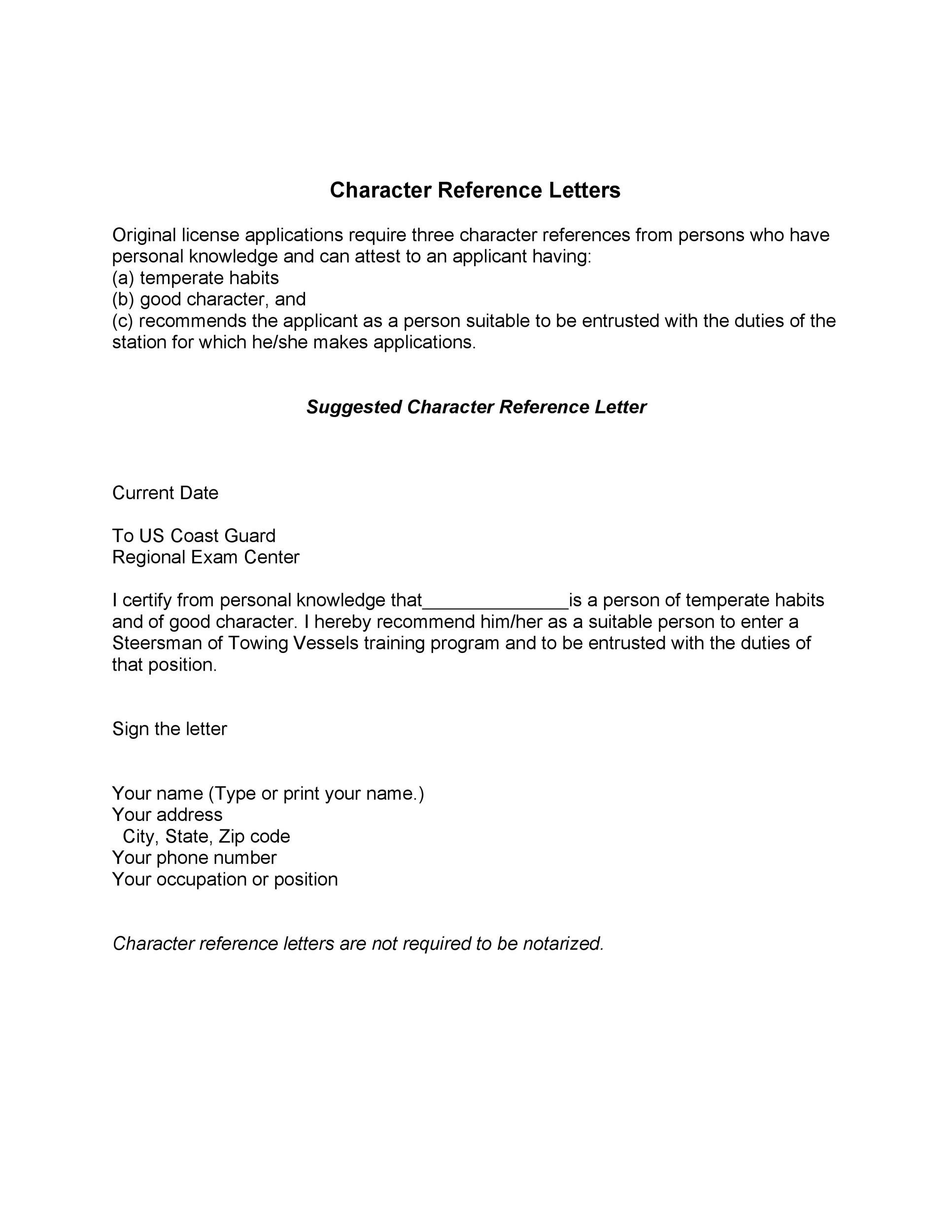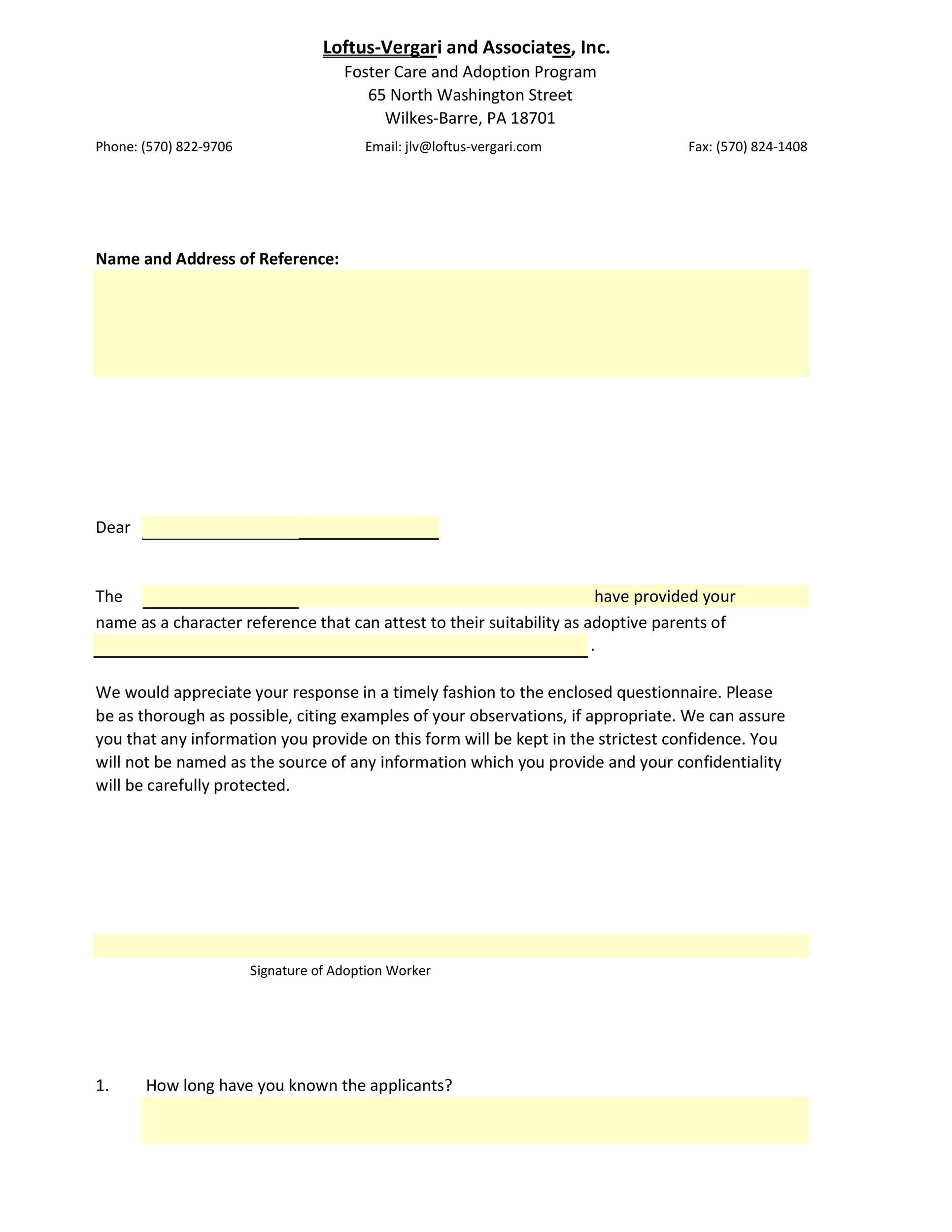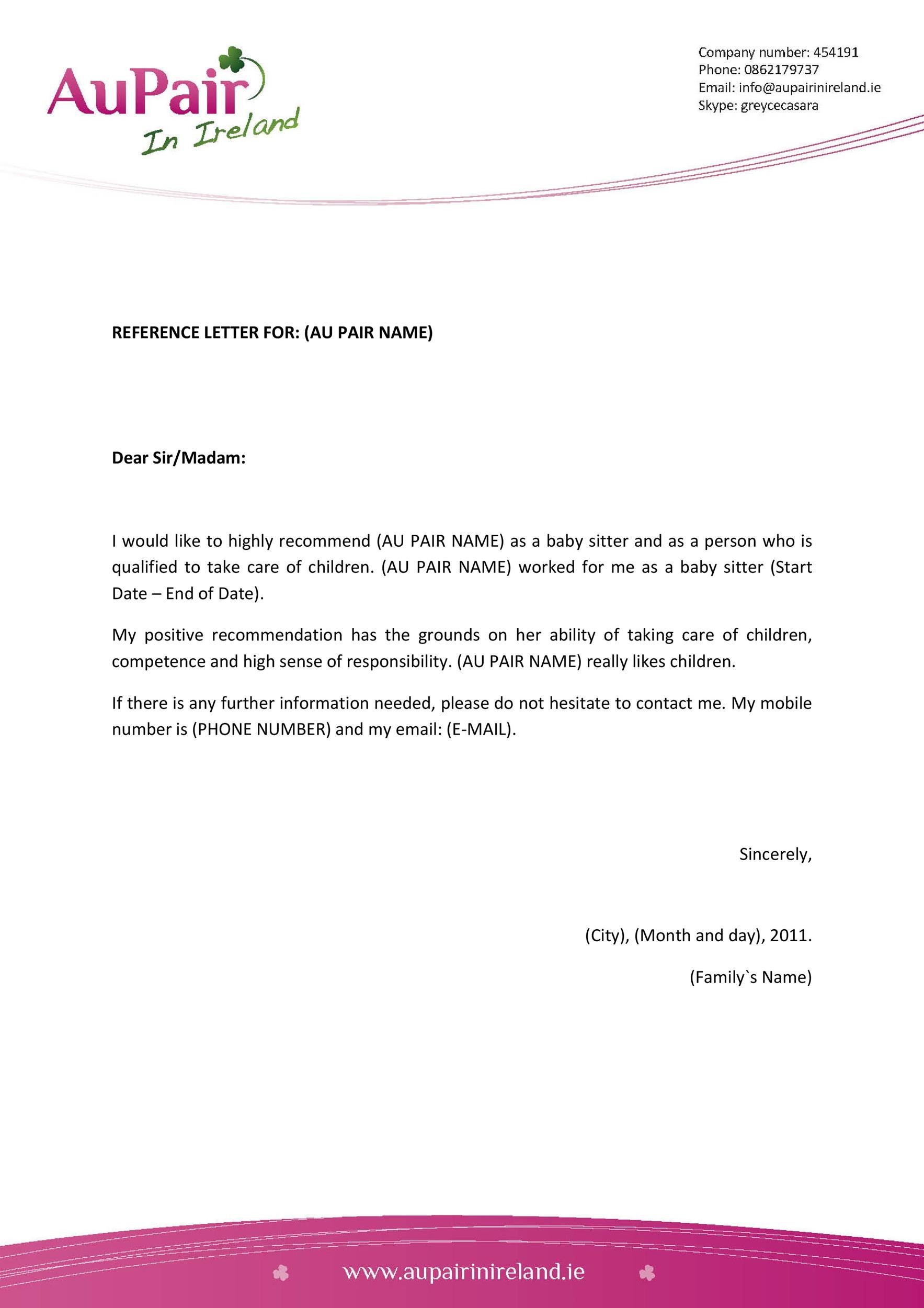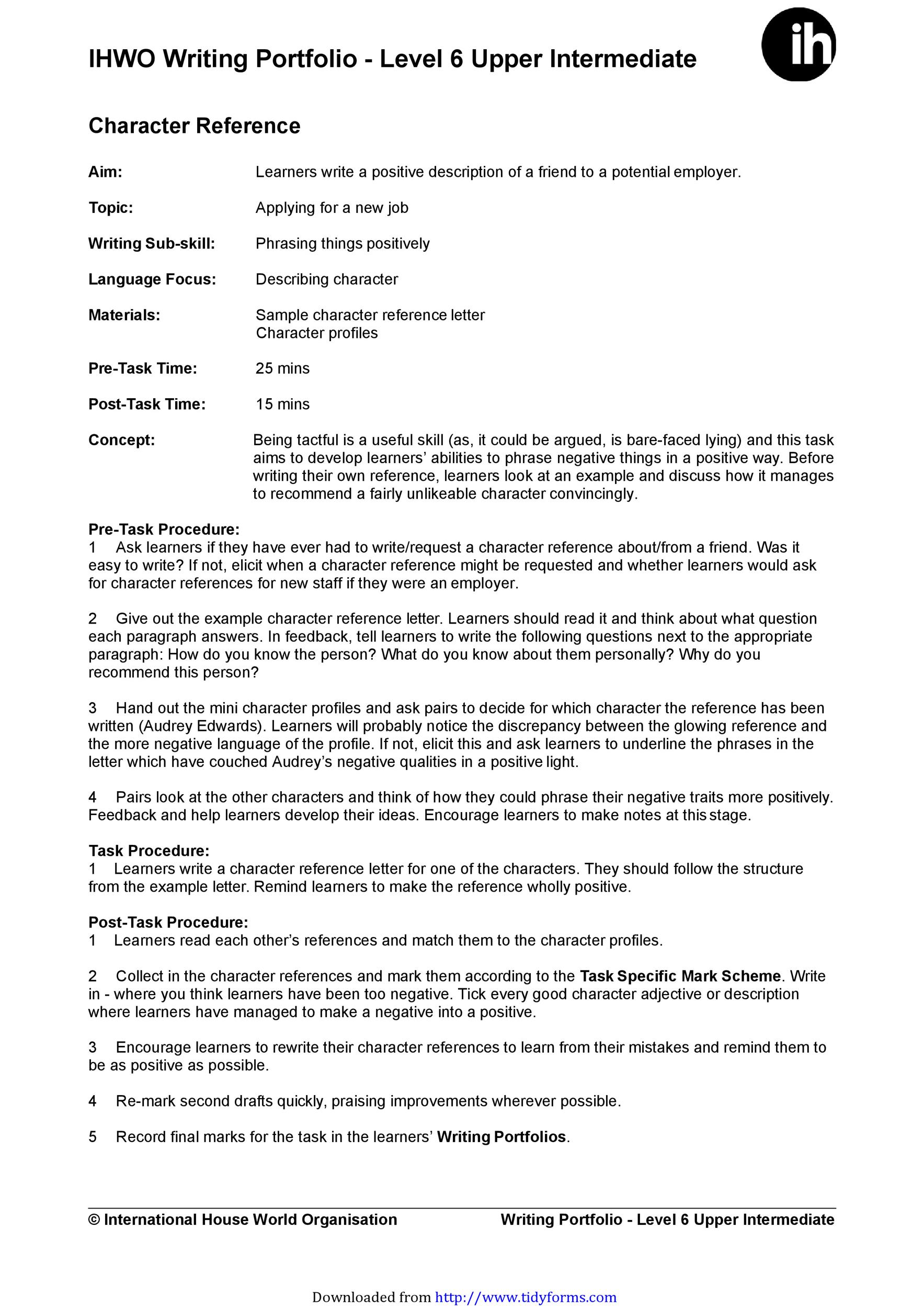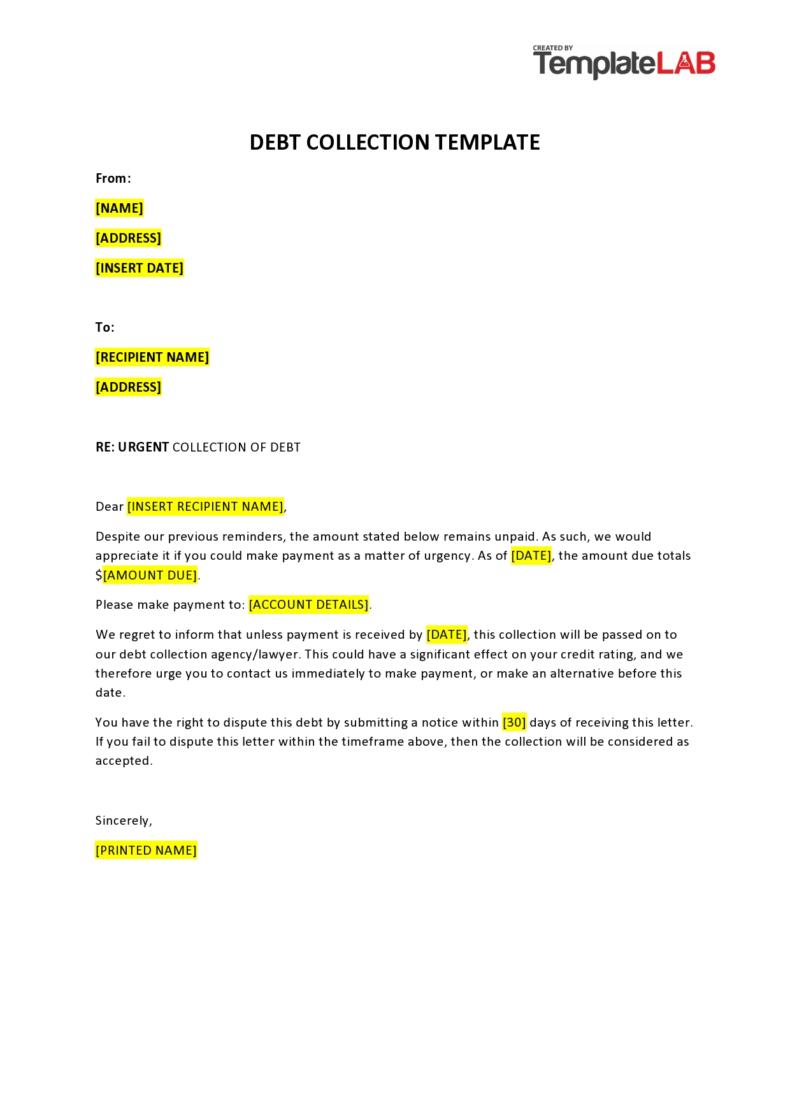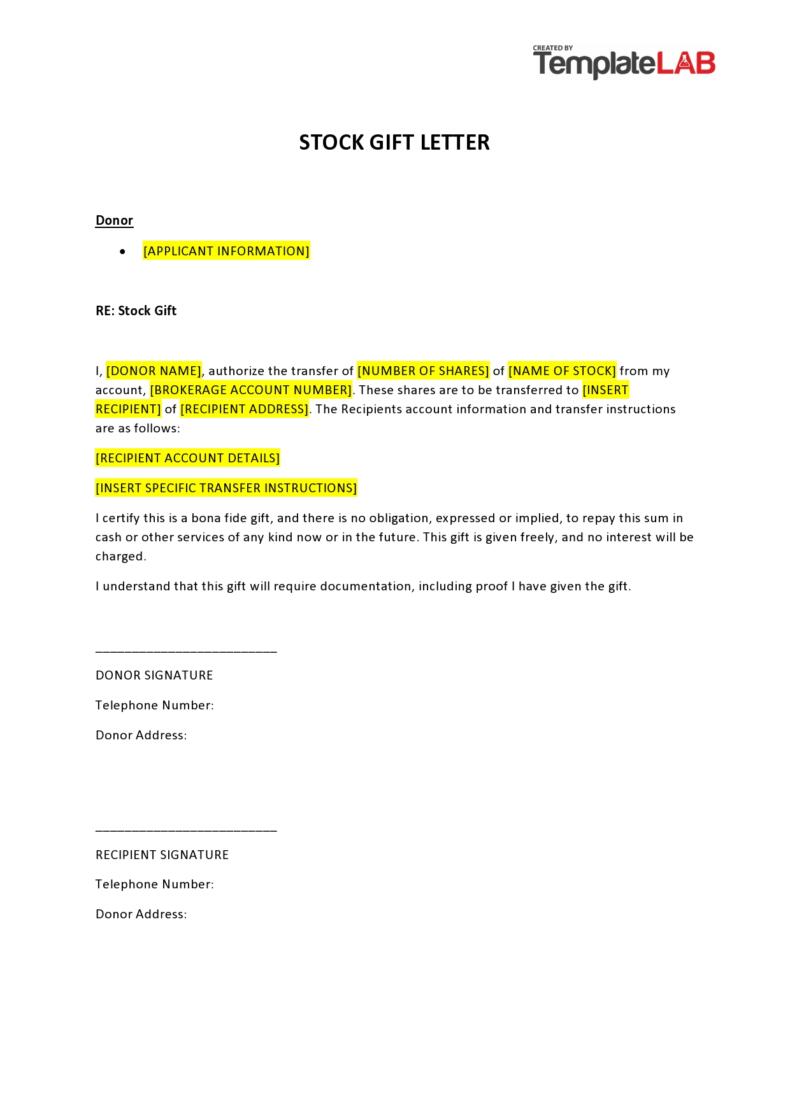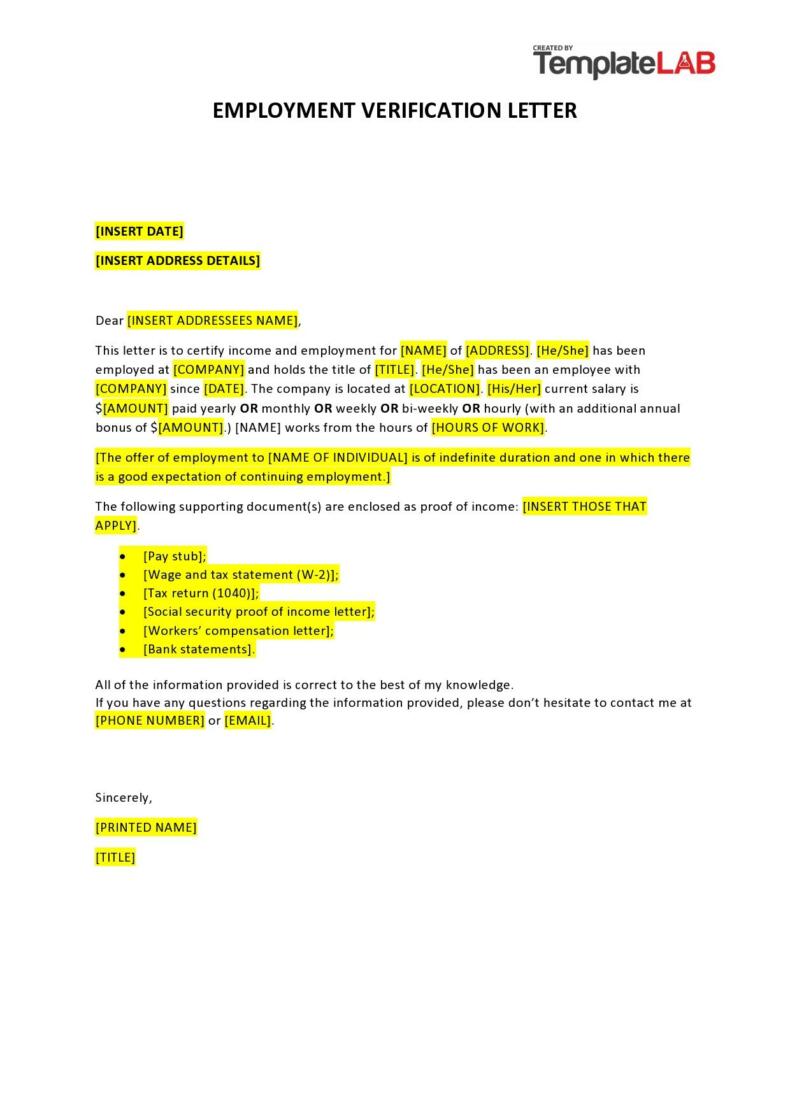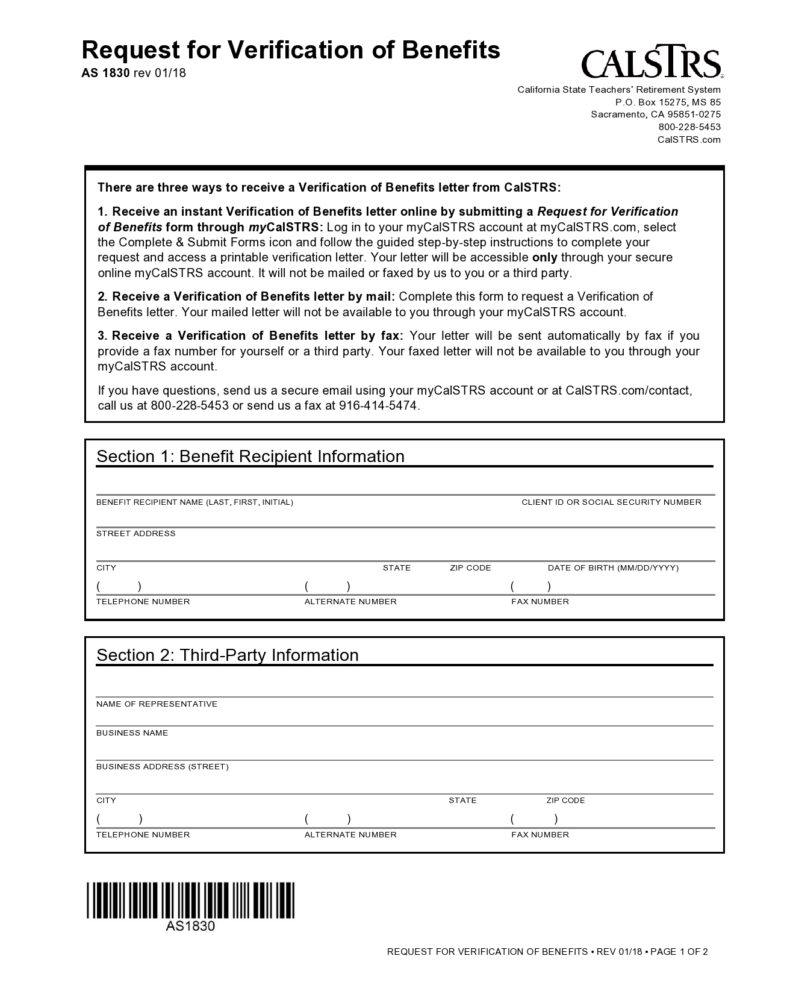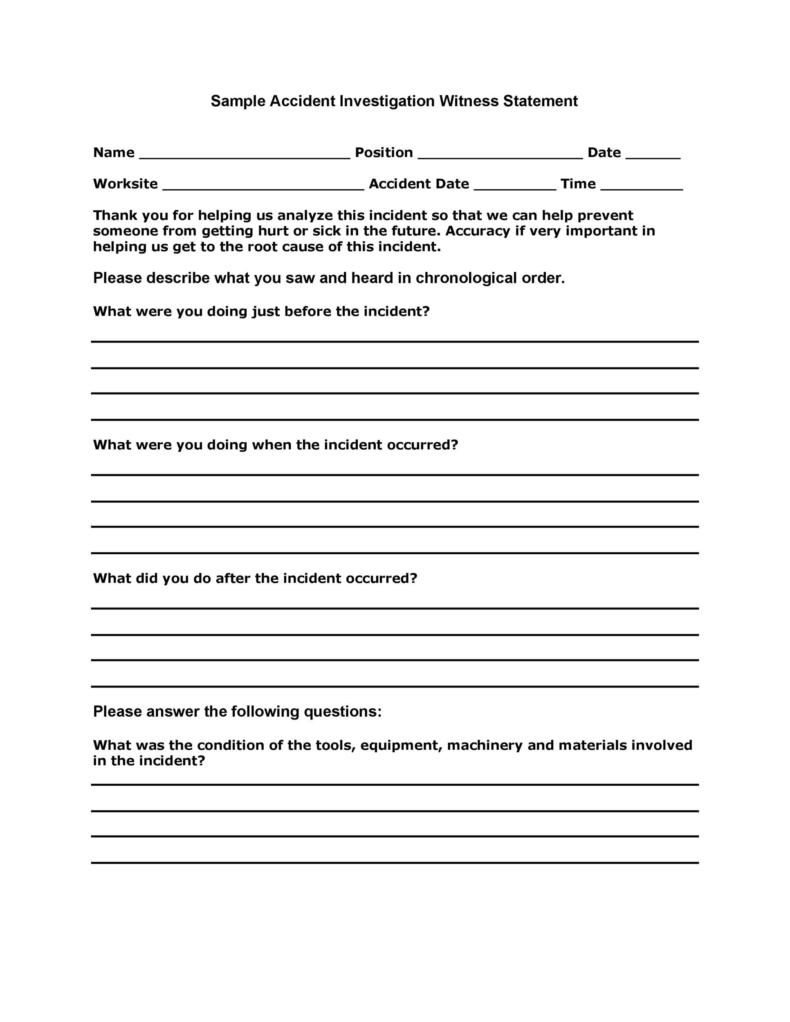Who is a character witness, and what is it that is required of him? A character witness is a person who attests to another person’s moral conduct or good reputation in a court of law. Therefore, it is of utmost importance to keep in mind that when writing a character witness statement for court, one ought to be very particular with regards to the content of the statement.
Table of Contents
- 1 Character Witness Letters
- 2 The importance of Character Witness Letter
- 3 Character Letters To Judge
- 4 Types of character witness letters
- 5 Character Witness Examples
- 6 Considerations to keep in mind when writing a character witness letter
- 7 Character Witness Templates
- 8 Tips for writing a character witness letter
Character Witness Letters
The importance of Character Witness Letter
One may not realize, but character reference letters for court appearances could play a very large role is defining the rest of somebody’s life. The very fact that a person is making an appearance in court is enough to say something, and it is for this very reason that there is no scope for any mistake.
When writing a character witness statement, this evaluation of a person’s qualities is the only thing that matters. You never know when you may be asked to write one for somebody you know. This may sound fairly intimidating by now, so some character certificate proformas are enlisted in the paragraphs to follow so that if ever the need arises, you know exactly how to write one.
Character Letters To Judge
Types of character witness letters
Whether or not you have needed to solicit character witness letters in the past, it’s more likely than not that you will at some point in the future. Character witness letters are an essential part of social networking. They perform a key function in employment, college admissions, parole, and immigration. They tell search committees and parole boards about your credentials in a way that you yourself cannot.
Here are the most common types of character witness letters:
Letters of reference
Letters of reference attest to your personal and professional competencies. Potential employers, for example, want to know about your work experience and your personality. In the case of college admissions, the letters of reference supplement your overall application.
Letters of recommendation
A letter of recommendation is used to submit your candidacy for admission or awards. These letters congratulate your achievements and successes.
Parole letters
Parole letters are written to advocate for the release of a prison inmate. The people who write character witness letters are called referees. They graciously donate their time to advocate on your behalf. Because they go out of their way to help you out, you should choose your referees with care. The best people to write these letters will be those who encourage you in your professional and/or personal life. These people want to see you succeed.
Your choice of referee will depend on your social network. Begin by making a list of those people in your life who know you well and might be willing to help you out in this process. Friends and family members are not considered ideal candidates for reference letters because of their personal bias. Likely candidates include:
- Teachers and school administrators
- Community leaders
- Church pastors or religious representatives
- Mentors
- Supervisors and coworkers
There are a few things you can to do make sure your referees are going to have great things to say about you. If you don’t know them well already, you need to provide them with the vital information they will need to write the letter. For example, how do you fulfill the qualifications for the position? What makes your application stand out from the rest?
Give them the clues to be able to compose a letter that will be unique and memorable. While it is not recommended to have family members write these letters, you should identify people in your life who know you well enough to be able to offer substantive evidence on your behalf.
There’s no time like the present to get started on this process. Get to know the right kinds of people. If you’re interested in government, get to know your local politicians. If you’re interested in becoming an artist, go to gallery openings and meet curators.
Character Witness Examples
Considerations to keep in mind when writing a character witness letter
A good character witness statement first identifies you as an impartial witness. It explains how you know the person and why your knowledge of his character makes your recommendation reliable. When you’re addressing a legal authority, frankly acknowledge the problem that caused the person’s arrest and conclude with your positive appraisal of his future conduct.
- Why Your Opinion Matters
Whether you’re addressing a court of a law, a parole board or a housing co-op board, the first thing you need to establish is who you are and why your reader should believe your opinions. - Establish That You’re a Good and Impartial Judge of Character
Next convince your readers that have been an impartial observer of the person’s character over a long period of time. - Tell the Story
Explain how the person you’re writing about did performed his tasks well. Emphasize such traits as consistency, reliability and willingness to follow directions. - Tell the Truth
When you’re giving a character reference in the context of law enforcement or legal proceedings, it’s obvious that your subject isn’t perfect. Don’t try to hide that fact. Acknowledge it fully then, as best you can, give your readers a realistic appraisal for better conduct in the future.
Character Witness Templates
Tips for writing a character witness letter
Writing a character witness statement for a defendant may help them receive a reduced sentence. Without a statement, all the judge knows about the defendant is the crime committed and how the defendant acts in court. Attorneys or the defendants themselves may ask you to write a witness statement.
- Practice professionalism
Since the letter is going to be reviewed by a judge, the format and tone of the statement must be professional. Make sure you have the judge’s name and title correct. Be honest in your statement. Being dishonest damages your reputation and does not help the defendant. - Introduce yourself by name and profession
Tell the judge who you are writing the letter for. Let the judge know that you are aware of the charges against the defendant. When you know the charges against the defendant it sends the judge a message that you do know what the defendant has done but that you are still willing to write positively about the defendant. - Discuss how you met the defendant and how long you have known him or her
Doing so establishes your relationship with the defendant. Provide specific examples of good deeds the defendant has done. If the defendant has done volunteer work in the community, provide names of the organizations and the types of activities he or she participated in.
If the defendant is a good provider for the family or is devoted to his or her family, bring that up and provide examples. Again, be truthful. Has the defendant given up work or education to take care of a sick relative? Does the defendant refuse to go out drinking with his or her friends or coworkers to spend more time with his or her family?
Talk about how the defendant’s incarceration will negatively affect their present, their future, their job, and their life. Be specific. Explain how the defendant’s incarceration will affect his or her family and employer. Explain how the defendant has learned from their mistake, what steps they have taken to change, and that you believe they will not make the same mistake again.
Include a telephone number in your conclusion so that the judge may reach you with any questions. Doing so shows that you are serious about helping the defendant and that you mean what you say.
Other helpful tips:
- It’s almost evident that when writing a character witness statement, you need to focus on the positive aspects about the character of the person in question.
- Basic, but essential qualities to focus on at a time like this are decency, honesty, integrity, reliability, etc. It also wouldn’t hurt to mention the amount of time that you’ve known the person for, as well as in what capacity.
- The longer the years you’ve known the person, the more likely it is that you are aware of his true character. In fact, doing so will only help make the statement more credible, because it’ll put across the fact that you’ve known the person long enough to speak in his favor, and that you have an idea of who he truly is.
- It would also be wise to add that you are aware of the purpose behind the court appearance. If anything, that will only act as evidence that you know the person in question rather closely, and that the letter is more than a mere favor.
- The statement must be as clear and concise as possible. Stay away from fancy words and terms. There is absolutely no requirement of any such language.
- Once you have all the essential points jotted down, make a fair copy of the document to present to the lawyers so that they have ample time to go over it.
- Make sure that the final copy that is being handed over has been typed, and is not handwritten.

